The emancipating power of samplers & sequencers in the work of Kate Bush during the early-to-mid 80s
https://www.c21mp.org/events
Abstract:
The leap in sonic and musical daring from the piano-led pop of ‘Wow’ and ’Symphony in Blue’ (Lionheart, 1978) to the shattered shards of ‘Babooshka’ and the ammunition-click percussion of ‘Army Dreamers’ (Never for Ever, 1980) were the result of Kate Bush’s conscious manoeuvring from one side of the recording studio’s glass divide to the other. In addition to seizing control of her own productions, Bush embraced cutting edge commercial electronic musical instruments (CEMIs) of the era that transformed her working methods, compositional idiolect and sonic aesthetic in the early-to-mid 1980s. Sampling and sequencing technologies, in particular the Fairlight Computer Music Instrument, E-mu Emulator II, and the LinnDrum, not only made writing, demoing and arranging tasks more accessible and autonomous, they opened up fresh, expressive dimensions and granted the artist unprecedented access to aesthetic control of her outputs.
Tracking and analysing imaginative uses of these technologies across a run of Kate Bush albums between 1980–85 (Never for Ever (1980), The Dreaming (1982) and Hounds Of Love (1985)), provides a case study in how these CEMIs not only afford new creative possibilities for self-producing songwriters, but offer new levels of access to arrangement realisation, novel sound design, sonic world building, and the expansion of the studio’s role in the songwriting process to be a space for both open-ended experimentation and meticulous control. The journey of these gradual shifts in process, perspective and autonomy culminate in Bush building her own home studio in 1984. The emancipating power of CEMIs in the narrative of Kate Bush’s career during this period are multi-dimensional, with lasting impact not only on the artist’s subsequent career trajectory, but in pop music culture ever since.
https://youtu.be/77rUKjwoAQ0?si=JtidkNq_IQn_ugik
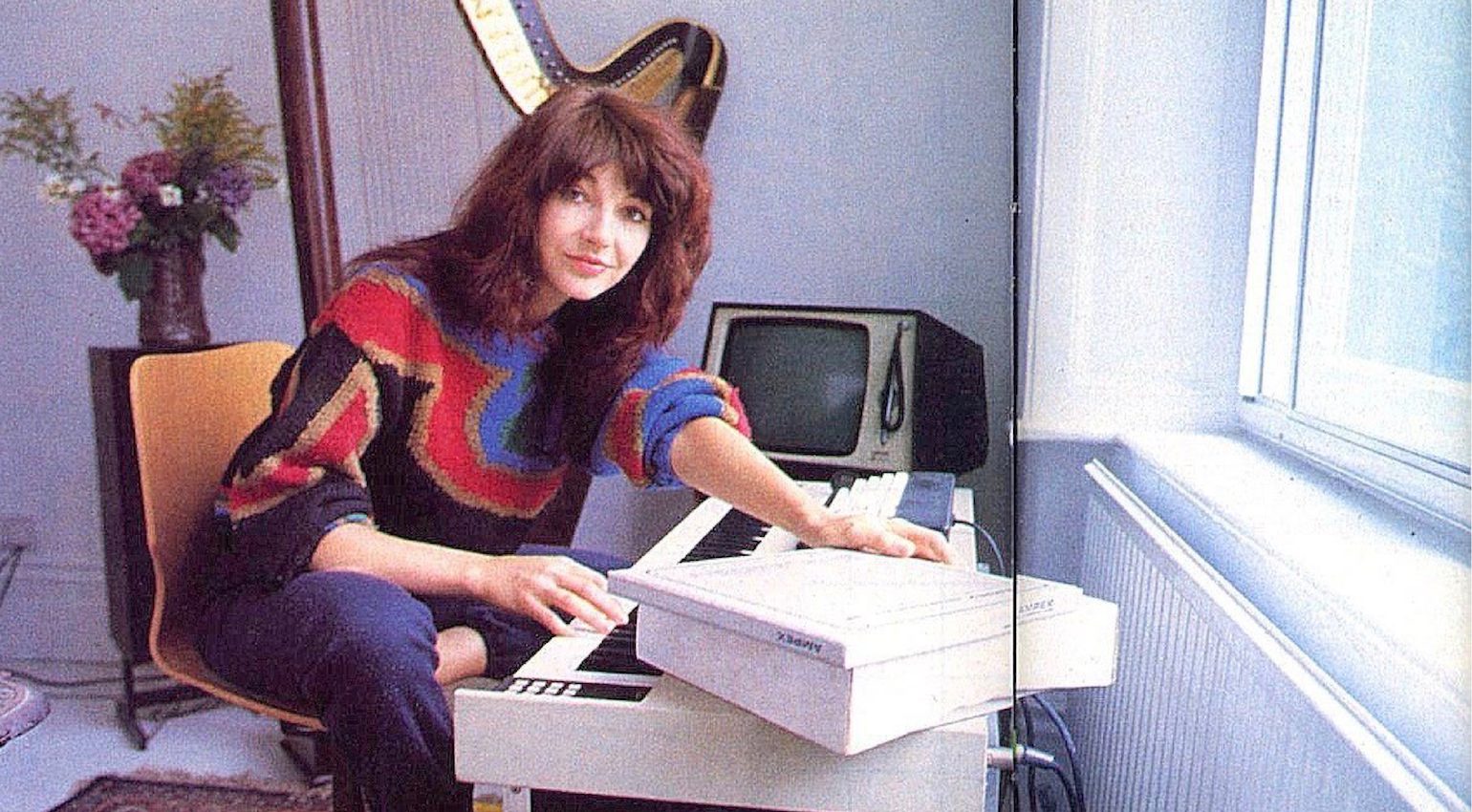 -----
-----The analogue music studio
Available now in:
Kardos, L. and van Elferen, I., 2024. The analogue music studio. Recorded Music in Creative Practices: Mediation, Performance, Education, p.42.
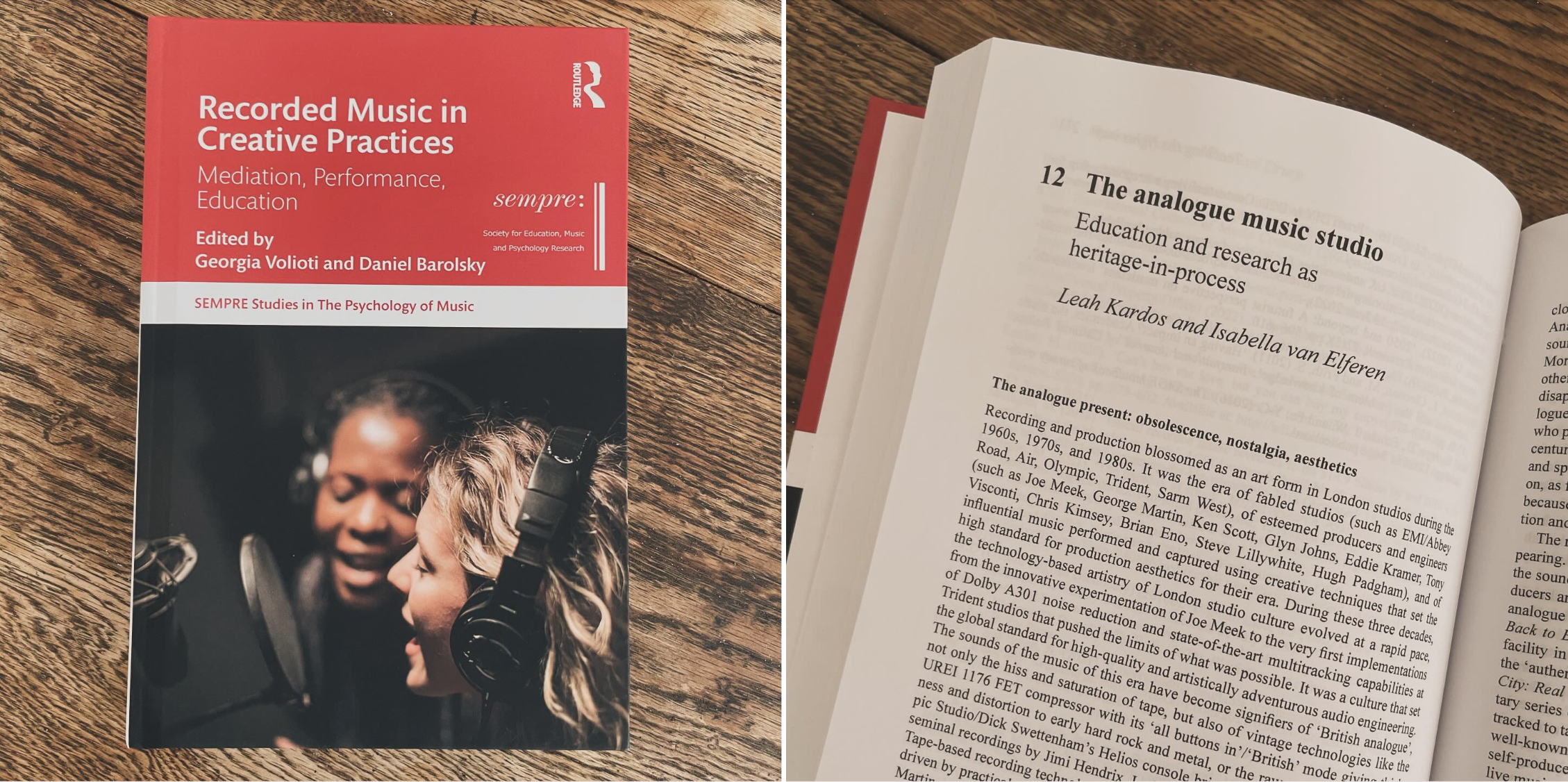 -----
-----Analysing Bowie tracks on YouTube
I've been having a fun time with these, learning about content creation as I go. I'll keep adding to this playlist until they're all done.
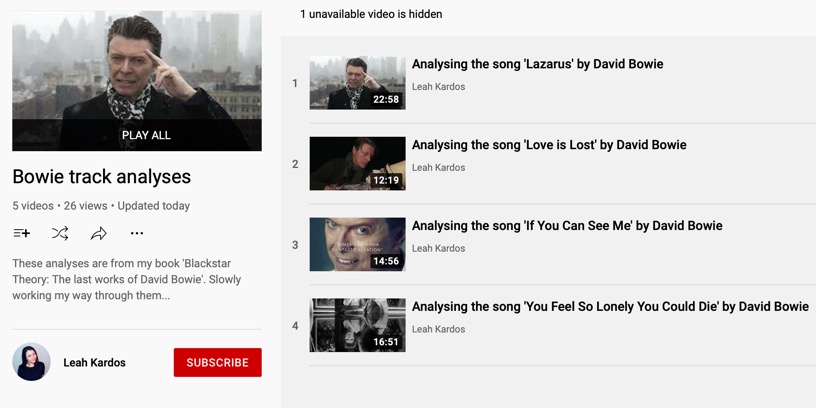 -----
-----Blackstar Theory signed copies [sold out]
Thank you so much to the people who came out to help me launch Blackstar Theory: The last works of David Bowie last weekend at Vout-O-Reenee’s in London. It was such a pleasure being with real live people in the same room, chatting, dancing and loving music together. I hadn’t felt that in so long! More thanks must go to Arsalan Mohammad for hosting the Q&A. I posted a collection of some great pictures people took on the night as a story highlight on Instagram, if anyone's interested.
Also, here's a link to the 4-hour Bowie disco mix (playlist expertly selected and sequenced by Liz Tray).
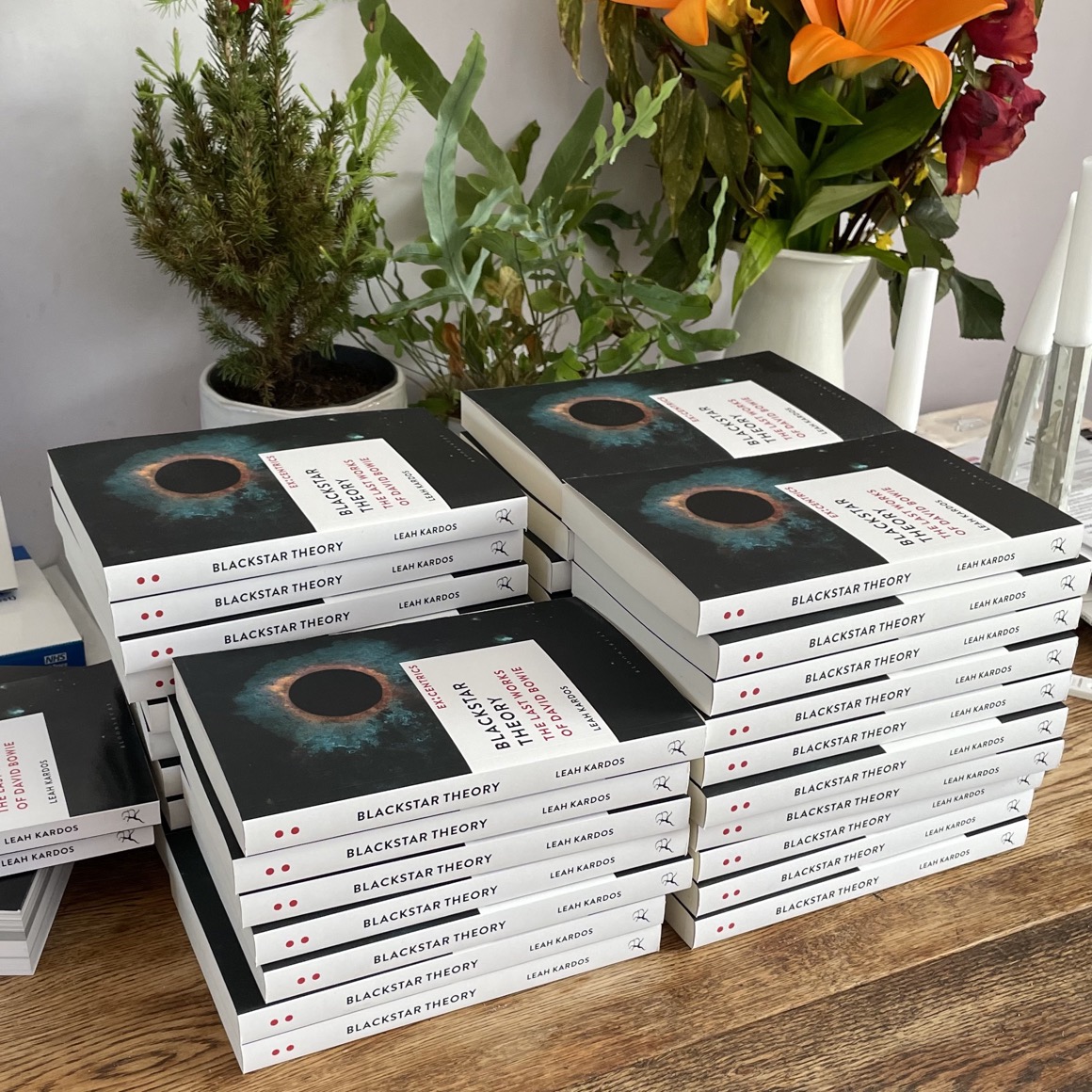
Supply chain issues and delays meant that my shipment of copies didn't arrive in time and I couldn't sell or sign any books at the launch. So that means I'm doing it here!
[update: these are old sold now].
-----
Making Room for 21st Century Musicianship in Higher Education
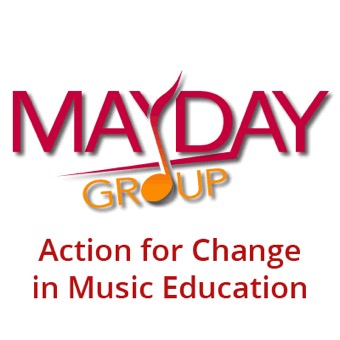
Click here to read my paper on Making Room for 21st Century Musicianship in Higher Education, which shares my experiences and perspectives relating to contemporary Post-digital aesthetics in music creation, performance and production, and the development of new, practice-focussed music technology curriculum at Kingston University.
Abstract: Having been asked to respond to Action Ideal VIII by the Mayday Group, concerning technology and its impacts on music education, what follows are some observations and reflections from my experiences teaching undergraduate music and music technology degrees in the UK. I put forward the idea that Post-Digital music aesthetics reflect an emergent sensibility in contemporary music cultures, and this represents an opportunity for music educators to reconfigure and strengthen their pedagogical approaches. By recognizing the legitimacy of new and varied forms of musicianship, and acknowledging the ways in which our subject area continues to grow in its range of practices and necessary literacies, strategies can be developed to support a music student experience that is cohesive, inclusive, hybridized, meaningful and useful.
-----
The Curious Musician
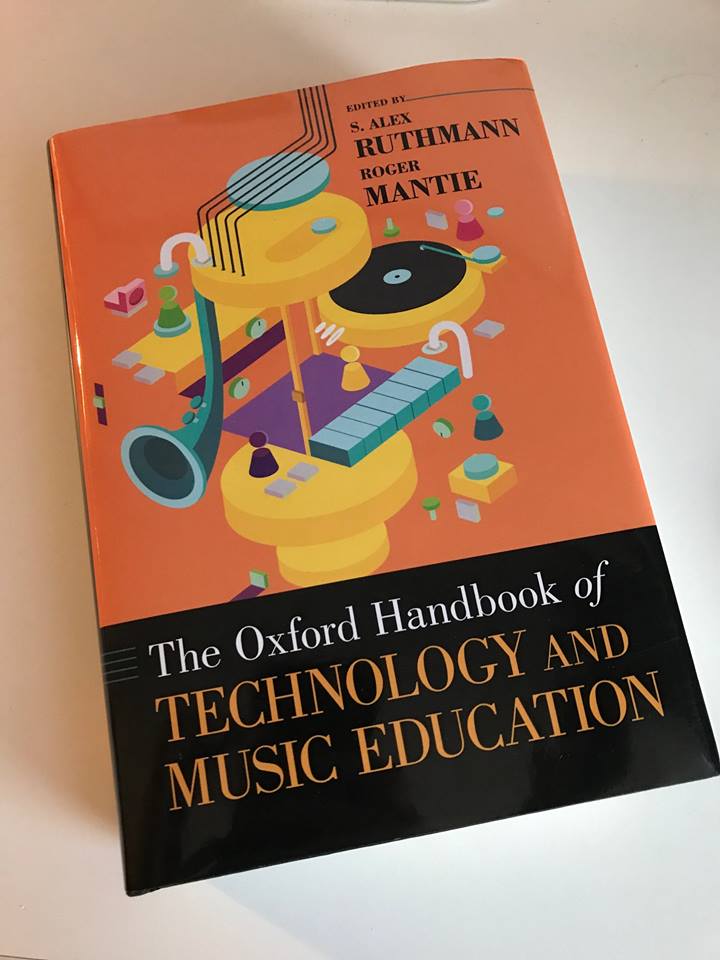
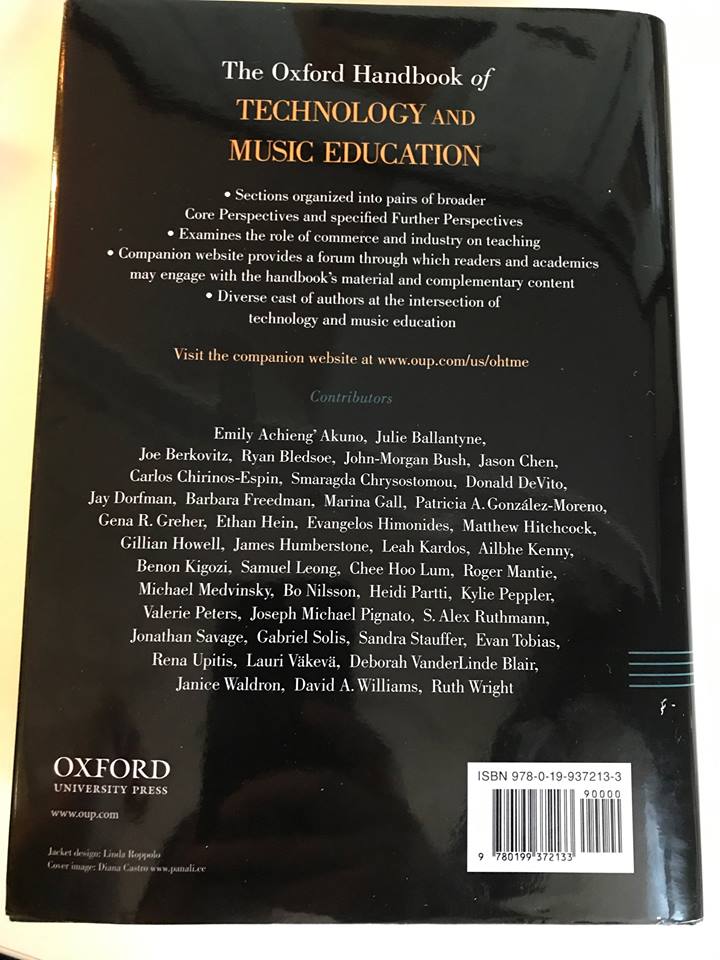
The new Oxford Handbook of Technology and Music Education is finally here! I was so honoured to be asked by Alex Ruthmann & Roger Mantie to contribute to this exciting volume. Look a that list of names! It's nuts that I'm in there with them.
This 700 page volume has contributions from 42 authors sharing their diverse perspectives and further commentaries on provocation questions at the intersection of technology and music education. If anyone is interested in reading my little contribution, you can find it here.
-----
Bowie Musicology
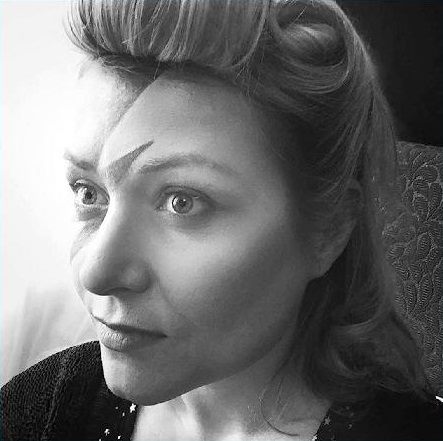
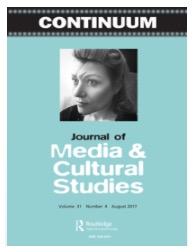
My article is called "Bowie musicology: mapping Bowie’s sound and music language across the catalogue", built around a fun research idea that was initially sparked in a friend's front room a few years go. I've spoken about bits of this work at the 2015 Bowie themed conference at ACMI in Melbourne and later in a special keynote at Cambridge. It feels really good to have it published now. Thank you Sean Redmond and Toija Cinque for the opportunity to be part of this. <3
If anyone's interested in reading the article, it's here: http://www.tandfonline.com/toc/ccon20/31/4
and here: https://www.academia.edu/33892304/Bowie_musicology_mapping_Bowies_sound_and_music_language_across_the_catalogue
A month in photos (Aug-Sept)
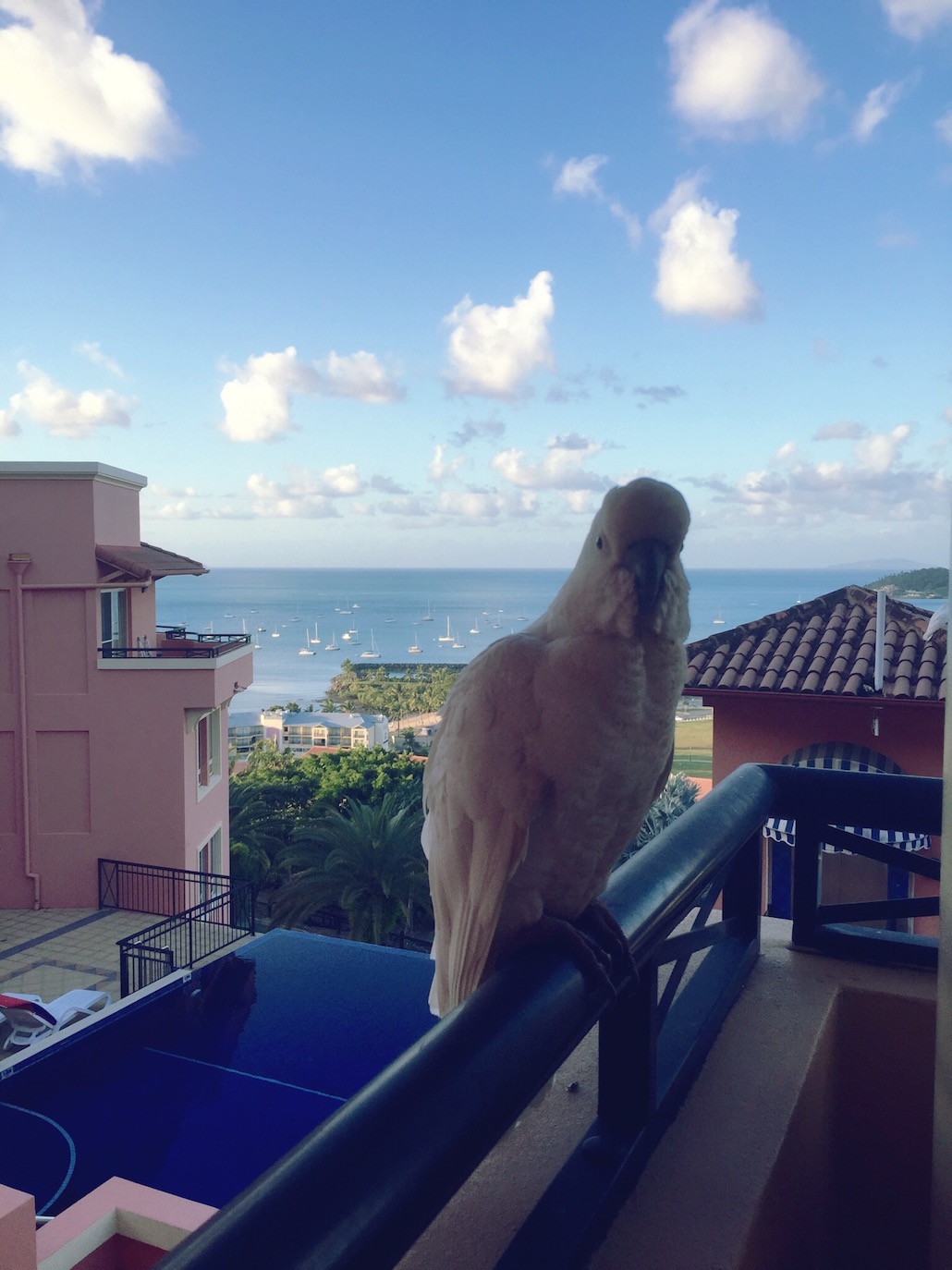

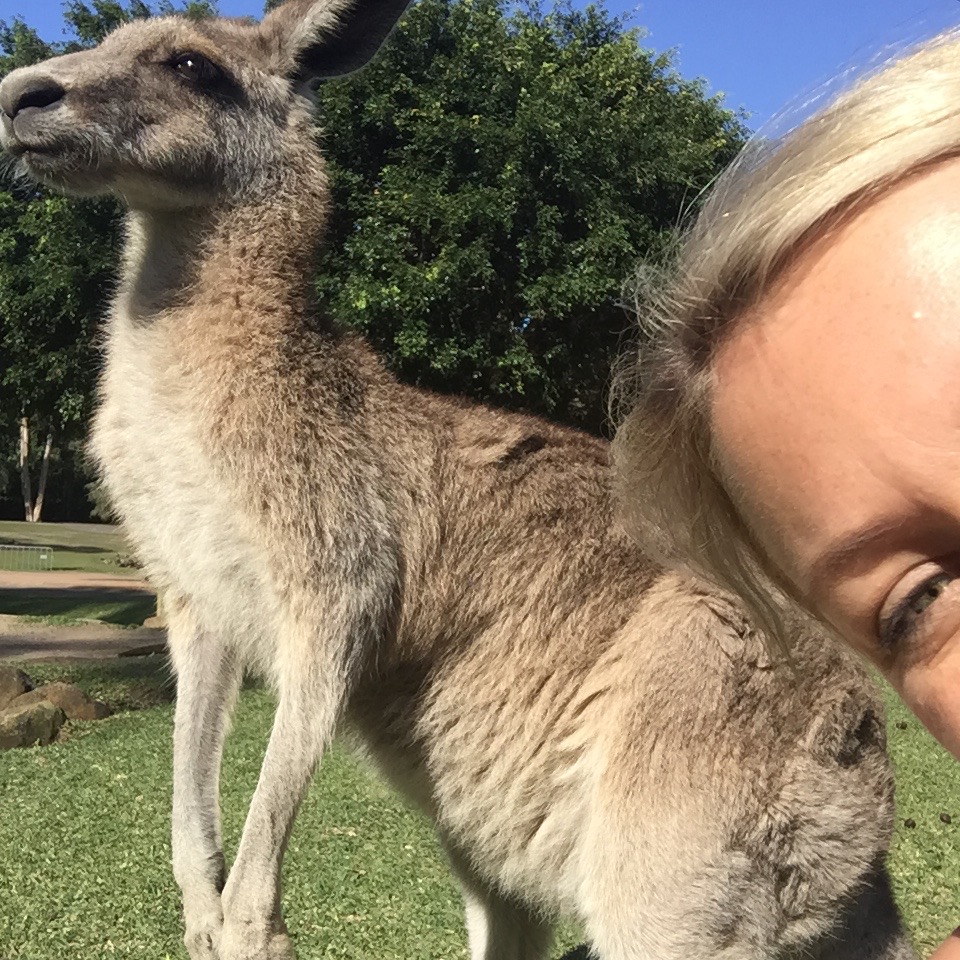
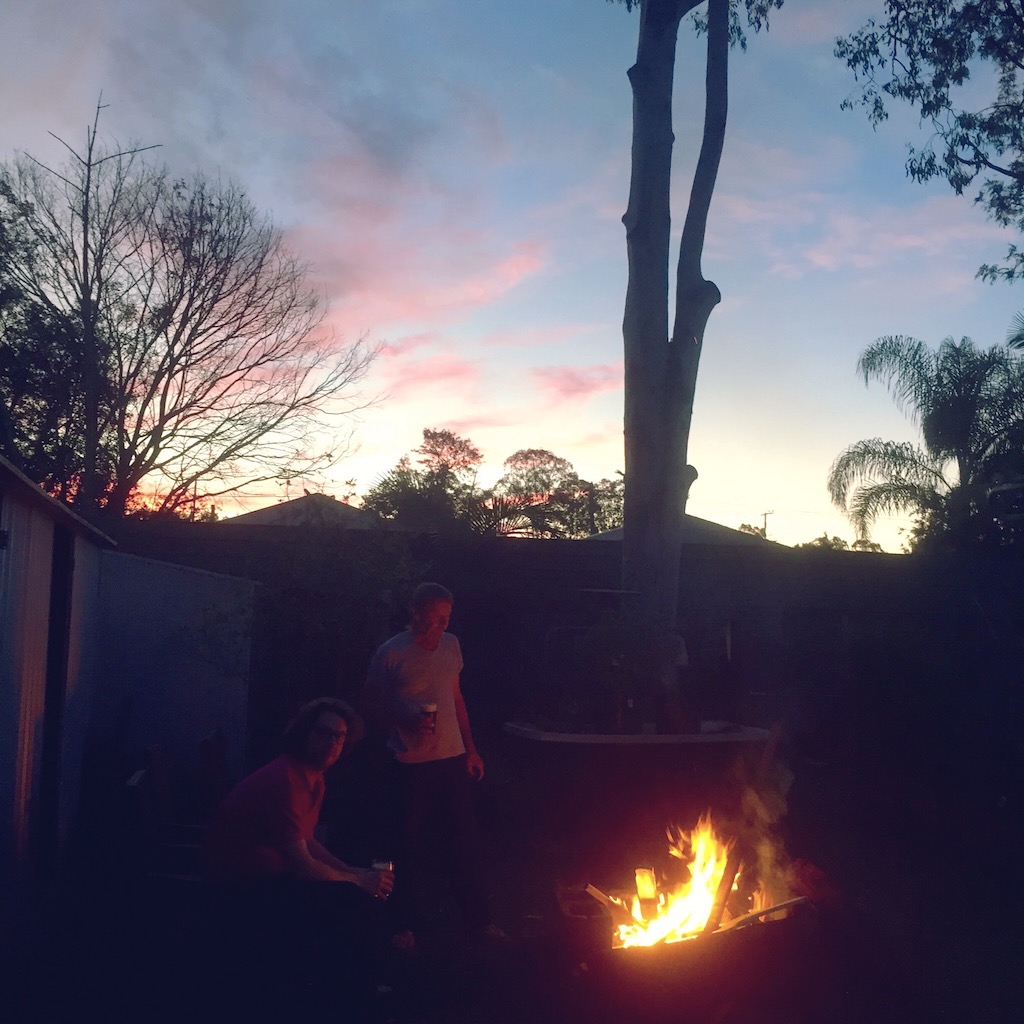
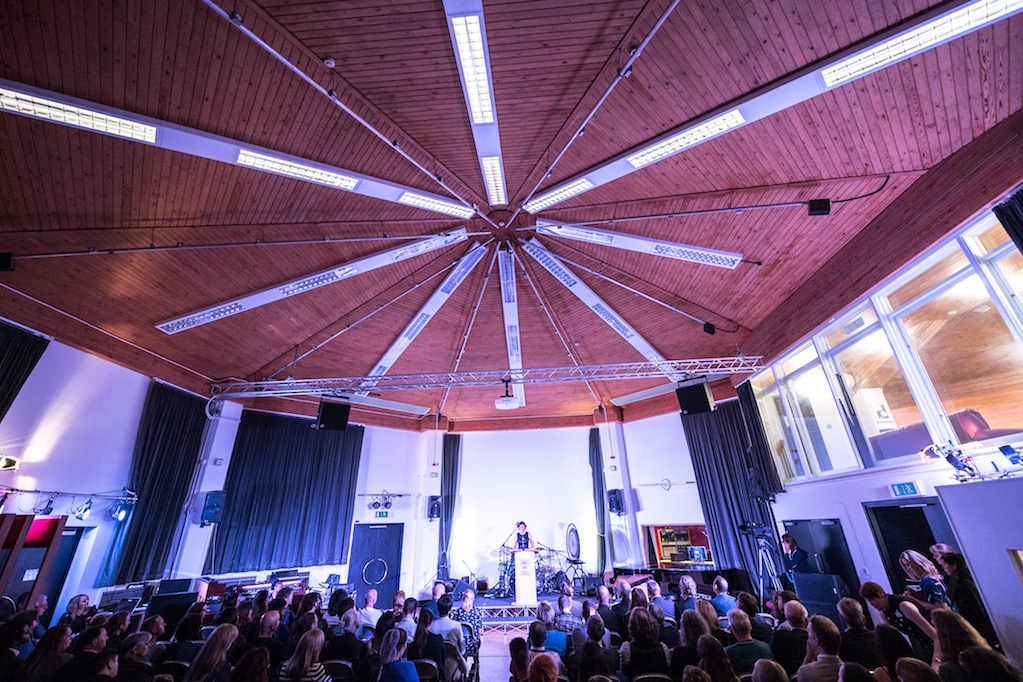
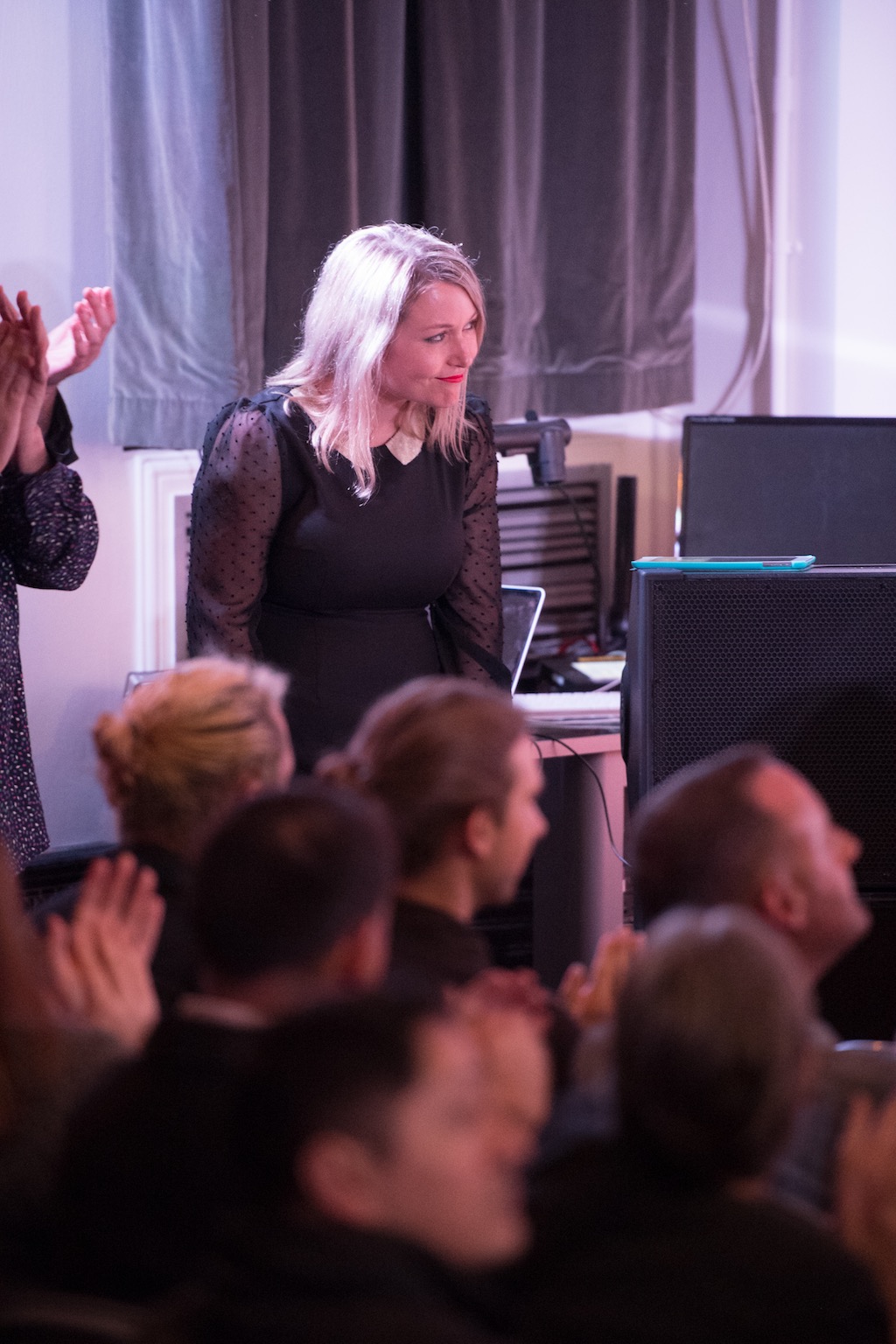
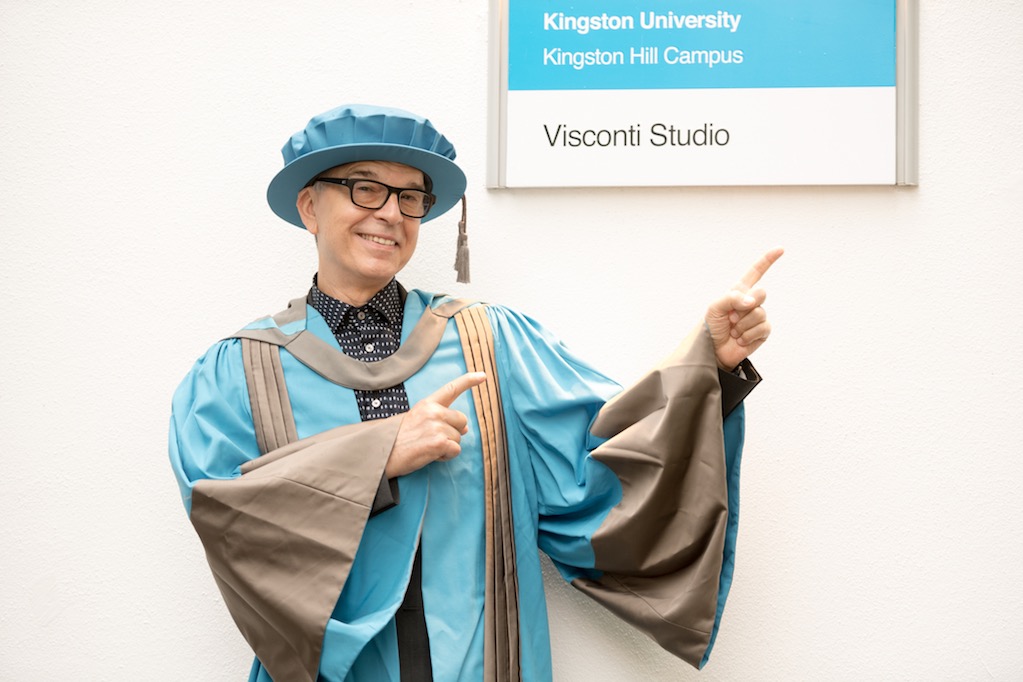
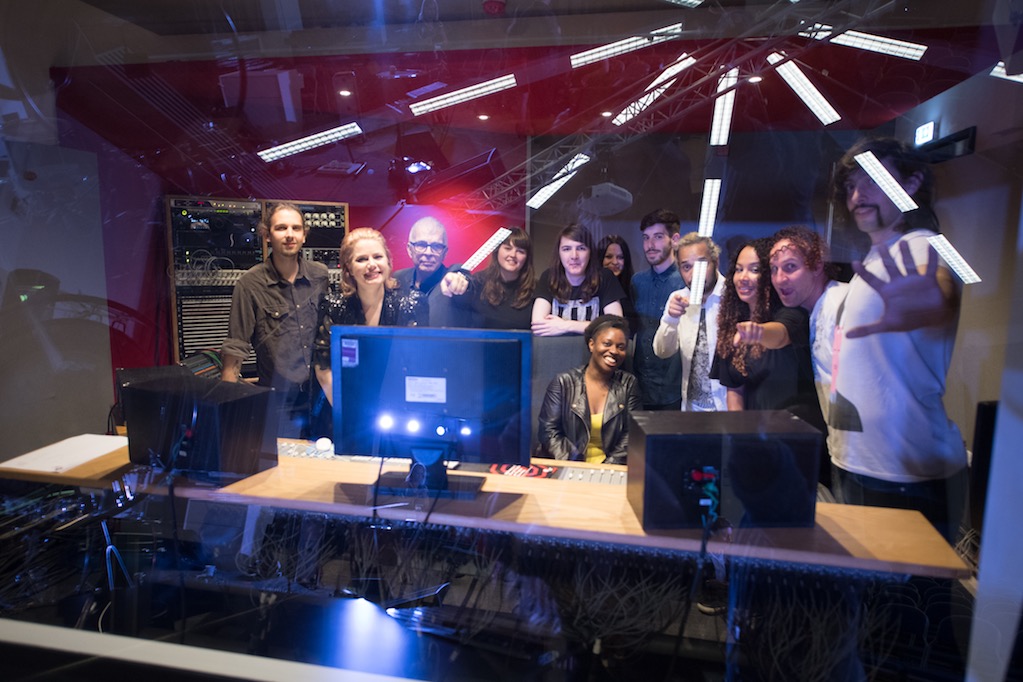
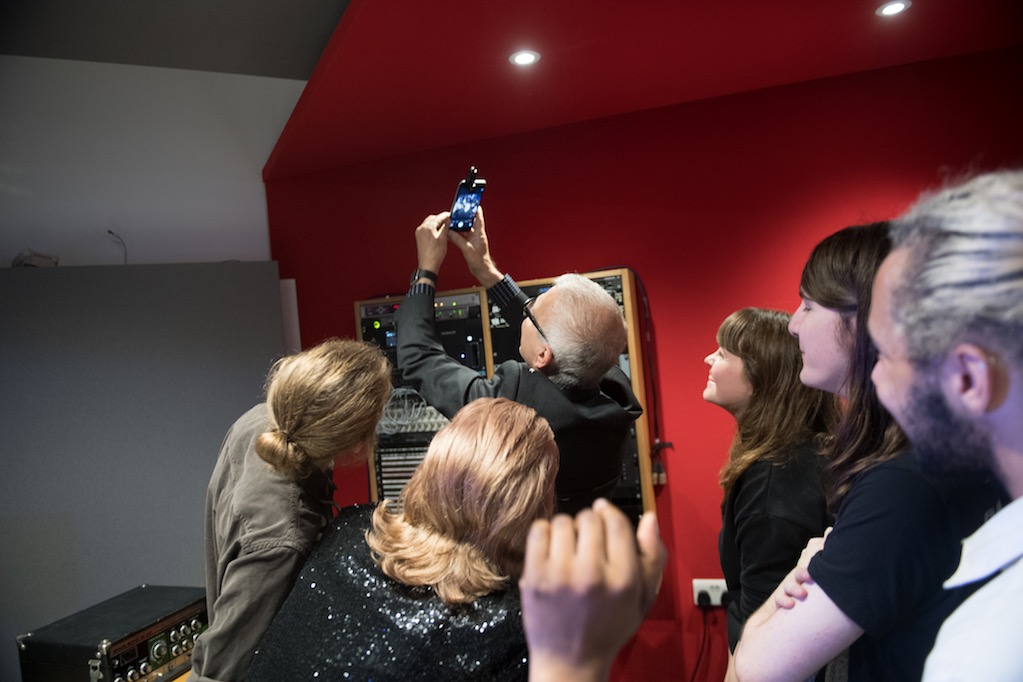
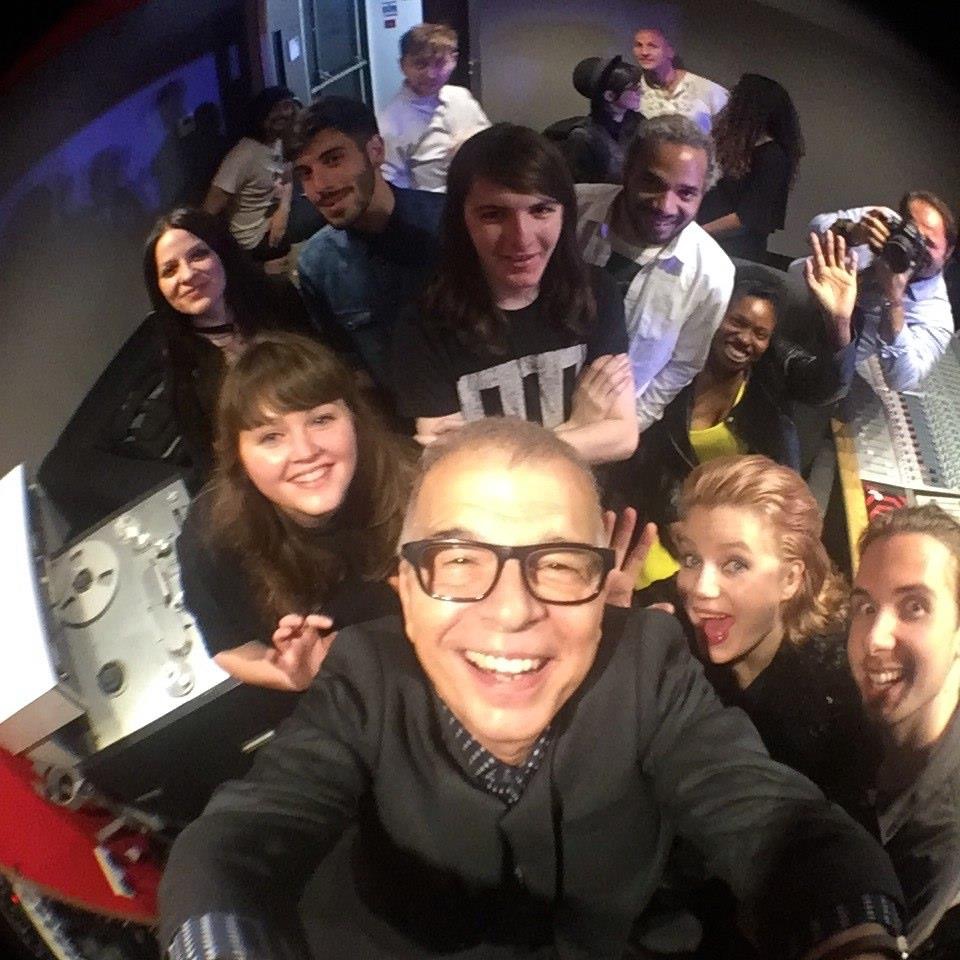
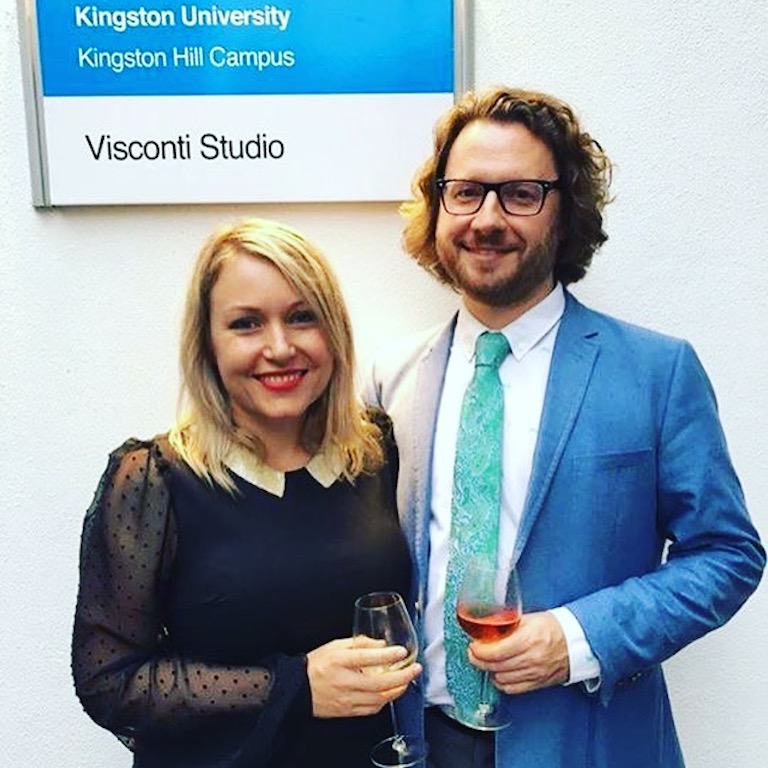
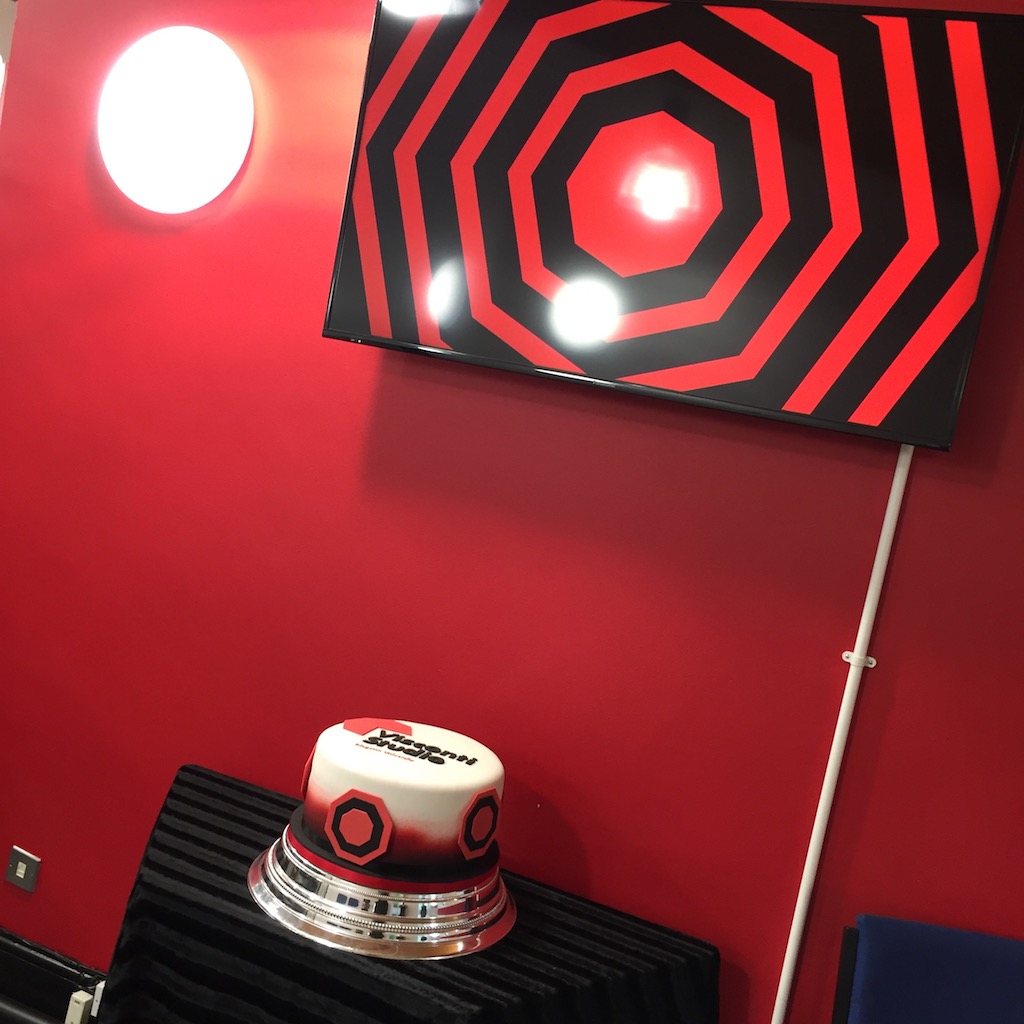
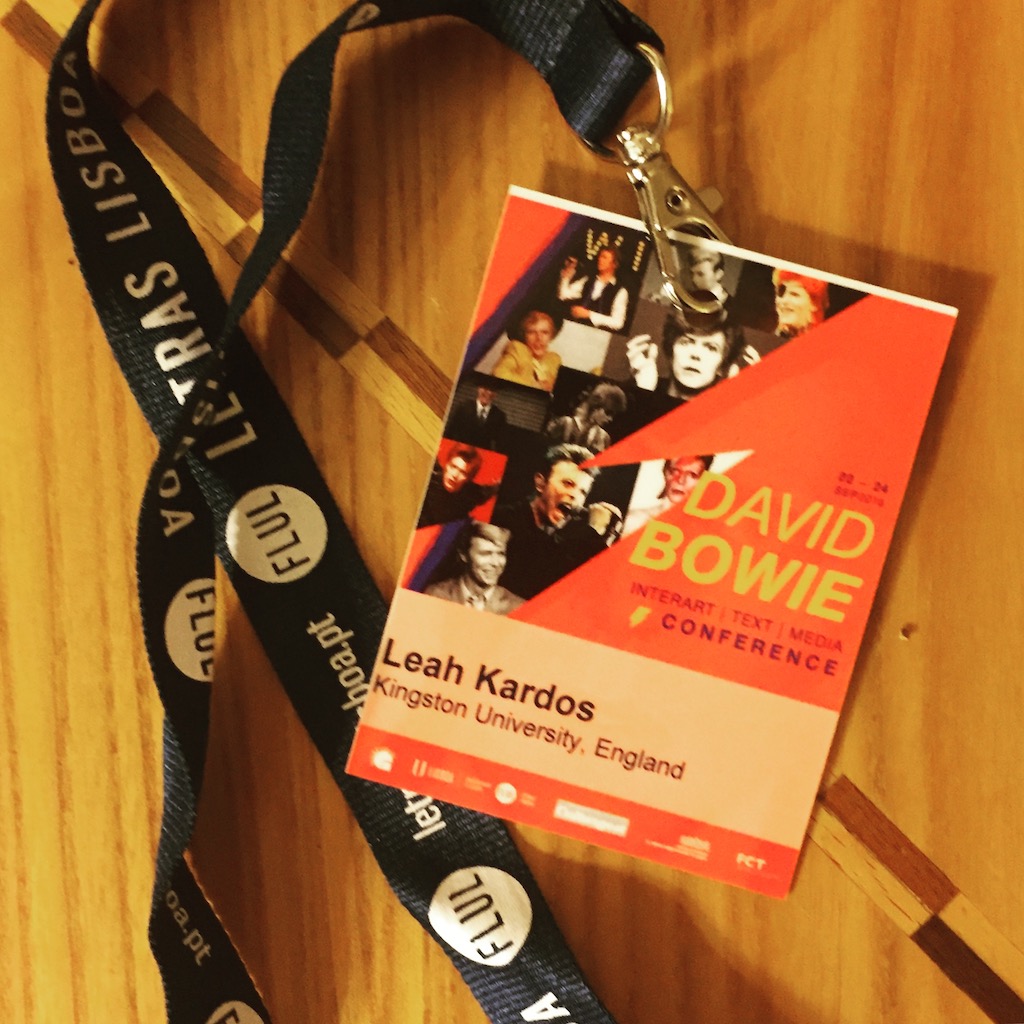
DAVID BOWIE INTERART | TEXT | MEDIA CONFERENCE - Lisbon

Shilling the Rubes: The Craftsman in Philadelphia (spoken paper)
Prof. Toby Seay
Director - Drexel University Audio Archive
Abstract: In August 1974, David Bowie arrived at Sigma Sound Studios in Philadelphia to record what would be come the Young Americans album. The creation of this album occurred during the middle of the Diamond Dogs Tour, putting an exclamation point on the Diamond Dogs sound while musically evolving towards what Bowie described as “plastic soul”. Recording in Philadelphia was Bowie’s attempt at capturing the lush soul sound that had been flowing out of Sigma Sound Studios in the early 1970’s and was at its crest in 1974. Due to various obstacles, Bowie was unable to gain access to that sound directly, but instead created his own version of soul that connected with American audiences and propelled him up the charts and towards Station to Station.
Through the analysis of primary documents and recordings from the Sigma Sound Studios Collection, participant interviews, and literature review, the author will discuss these obstacles to the Sound of Philadelphia and describe an artist who is confident, prepared, and in control. While much has been written about Mr. Bowie’s time at Sigma, this presentation will give a glimpse into the studio and show Bowie as a tireless craftsman with a strong work-ethic who would have created his own sound regardless of circumstances. This presentation will also include never released recordings including the legendary Shilling the Rubes.
Let’s hear it for the Gouster: locating Sigma outtakes in Bowie’s transition from Diamond Dogs to Young Americans (spoken paper)
Dr. Leah Kardos
Kingston University London
Abstract: Never finished and shrouded in mystery and myth, Shilling The Rubes was cut at Sigma Sound Studios, Philadelphia in August 1974, and is a typically rich example of Bowie’s post-Ziggy songwriting style. Set within a Burroughsian carnival/circus, the subject of the song is portrayed as a fly-by-night con man: taking people’s money, breaking hearts and disappearing on to the next town.
From the same sessions the other unheard outtake is a rewrite of I Am A Laser. Originally written for The Astronettes earlier in 1974, the song would eventually be rewritten a second time to become Scream Like A Baby (1980). This version features a completely new verse structure and major tonality, its lyrics concerned with introducing The Gouster himself, the clothes he wears and how impressive his girlfriend looks (tough, in her doo-rag, razor blades in her bra).
These outtakes shed light on Bowie’s creative processes and the aesthetic/artistic evolutions occurring during this period. Through musicological analysis and observance of signifying sounds, motifs and practices, the author will identify the ways in which these lost songs are connected to the catalogue and how they provide fresh detail in the progression and refinement of Bowie’s output from the post-apocalyptic theatre of Diamond Dogs to Young Americans and beyond.
"Planet Bowie" talk at Cambridge
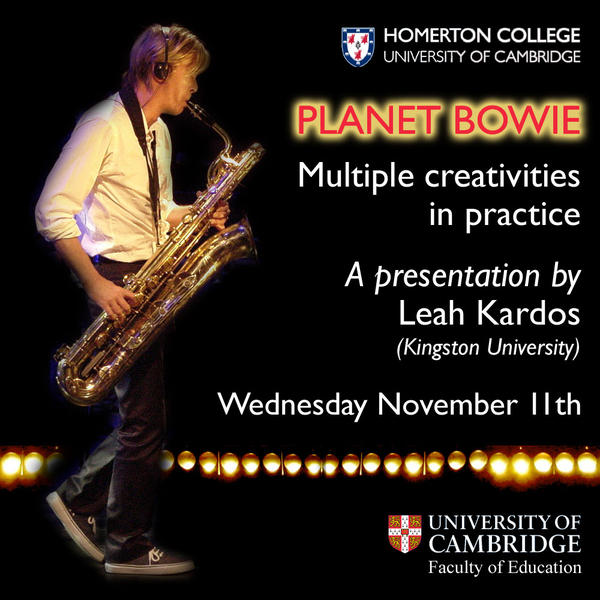
Ok this is short notice, but I am giving this fun talk on Wednesday the 11th of November at Homerton College, University of Cambridge. Huge thanks to Mark at Davidbowie.com /David Bowie Official for the cool flyer above and for plugging it on DB's official website (how cool is that?)
My talk will look in some detail at Bowie's representations and contributions to culture, and how these contributions are entangled with issues related to aesthetics, queerness, politics, authenticity and performance. I'll also talk about recurring sounds and themes within the catalogue, and together we'll analyse the imagery and sounds of 'Blackstar' for clues as to where he might go to next.
Admission is free, but if you are thinking of attending please RSVP here: [email protected]
Visiting Scholar Appointment: NYU

During the first week of December I'll be hanging out in NYU Steinhardt's music technology/music education departments as a visiting scholar. I plan to give a few talks, sit in on some lectures and workshops, snoop around the library and archives and generally just try to soak up a bit of that NYU energy to take back with me to Kingston.
I was invited by Professor S. Alex Ruthmann, Chairperson of the Department of Education, previously of MIT. Alex is one of the most exciting researchers around in the field of music education, integrating technology, computer science and interdisciplinary approaches to musical learning. I met and became friends with Alex and his wife Anne during one of their visits to the Faculty of Education at Cambridge a few years ago. It will be great to see them again, and to take part in the exciting things the faculty and students are doing over there. I can't wait!
Art of Record Production Conference: Drexel University, Philadelphia

I will be attending and presenting a paper at this year's Art of Record Production conference at Drexel University, Philadelphia, from the 6th - 8th of November. I'm super excited about the keynotes from musical heavyweights and heroes such as Tony Maserati, Kenny Gamble (of Gamble and Huff songwriting legend) and the man who created the 'Philly Sound' and ran Sigma Sound Studios, Joseph Tarsia. I'm also keen to check out the city while I'm there, see the Liberty Bell and jog up those Rocky steps. I've been told that the original tapes for Bowie's Young Americans sessions are held in Drexel's archive, so you know I'll be trying by damnedest to get in the same room as those…
My paper is part of the Education track, and will explore ways in which music education can be more relevant, effectual and useful to students today. Abstract below.
*********
Leah Kardos, Kingston University London, UK
Track: C - Education
Evolution (and Revolution) in Higher Music Education
Abstract: Music technologies can lead us to a transformation of perceptions, and the reinvention and refinement of our processes from the way we see, interact with and understand the materials of sound and music to the way we learn new skills, communicate and share with each other, represent ourselves to the world as music creators and professionals, and especially the way we teach. It has and is transforming our language (“I streamed a podcast of glitchcore mashups, and just reblogged it could you give it a ‘like’?”); it is creating musical and sonic possibilities that transcend the facilities of traditional music notation and analysis; it sometimes requires interdisciplinary and collaborative approaches to bring projects, artworks and products to fruition (recording and production technology does not reside in the field of music only, but also that of media, science technology and society (STS), electronics and computer science); it grants music creators agency and control of their works (Taylor 2014). These technologies have become intertwined with commercial and contemporary arts practices, shaping the formation of new aesthetics, giving rise to diverse new creativities and essential emerging literacies. This paper will consider examples of such practices to inform a strategy for developing better, more effective curricula for higher music education where (1) fluency in digital, analog and musical literacies is promoted through practiceled enquiry, (2) traditional music and technology streams are considered important parts of a larger whole, (3) technical learning is designed to be flexible and adaptable to future technologies, where (4) excellence of execution is upheld as a priority and (5) learners are encouraged to be active in and contribute knowledge to communities of knowledge and practice.
Can You Hear Me? Recurring Sonic and Musical Gestures In The Works of David Bowie

I haven't had the time to write this presentation up as a proper paper, all I have here are the slides, audio examples and my own notes. If you're interested in seeing/hearing the ideas from the first of my talks given at the Symposium on the Stardom and Celebrity of David Bowie, held in Melbourne last July, click the 'read more' link below.
Data Set from Bowie Symposium Talk
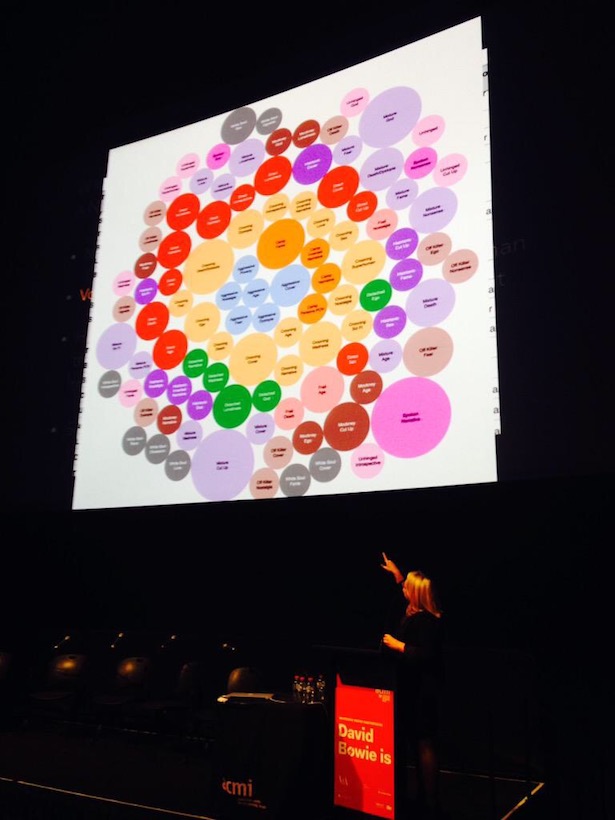
Anyway, after the talk many people asked me if they could access the spreadsheet. So here it is. I added some 'sound-alikey' categories (Scott Walker/Frank Black/Anthony Newley-esque, etc) on the advice of one symposium delegate I chatted to after I gave the presentation.
It's a work in progress and certainly not meant to represent anything other than very general categorisations to illustrate a point I was trying to make in my talk (which I'll write up and post here shortly). I am well aware that many complexities in the music are ignored in these categories, and that Bowie's often oblique/abstract lyrical approaches are not well served by the simplistic themes I've listed here. I'm also aware that many might disagree on the categories I've chosen. By 'Modal Effect?' I'm referring to any significant modal or diatonic signature that is present, and am not suggesting that the entire song adheres to that tonal profile. That said, the data set can certainly be refined, and if you want to fiddle about with it and have some additions/amendments/objections by all means let me know ([email protected]) or adapt your own version to suit.
General Bowie Vocalisations vs Song Content (Excel) (Numbers)
For the visualisations, I used the free version of Tableaux Public. You can access the visualisations here (also embedded below, though it seems not all of the tabs are showing). Click the different tabs to see the visualisations I prepared for my talk 'Can You Hear Me? looking at the recurring sonic and musical gestures in the works of David Bowie'.
-----
Symposium - The Stardom and Celebrity of David Bowie - ACMI Melbourne

The Stardom and Celebrity of David Bowie is a two-day multi-discipline symposium that brings together artists, academics and cultural commentators to reflect upon the influences of and on David Bowie in rock, pop, film, art, fashion and performance. I will be delivering two talks at the symposium and a third on Sunday at the ACMI for the David Is… exhibition. I feel so lucky to be part of this - what a dream gig!
The talks I will be delivering are:
1. Can You Hear Me? - looking at the recurring sonic and musical gestures in the works of David Bowie
2. You Can't Hide Beat - talking about fan creativities in the context of a sample-based collaborative cover project I worked on in 2011
3. 5 Lessons: The creativities of David Bowie
Tickets are available here: https://www.acmi.net.au/live-events/talks-performances/the-stardom-and-celebrity-of-david-bowie/
Symposium programme guide is downloadable here
***********
Update: Well that was the BOWIEST weekend of my life, and one of the more enjoyable academic gigs I've been to. Here's some pics…
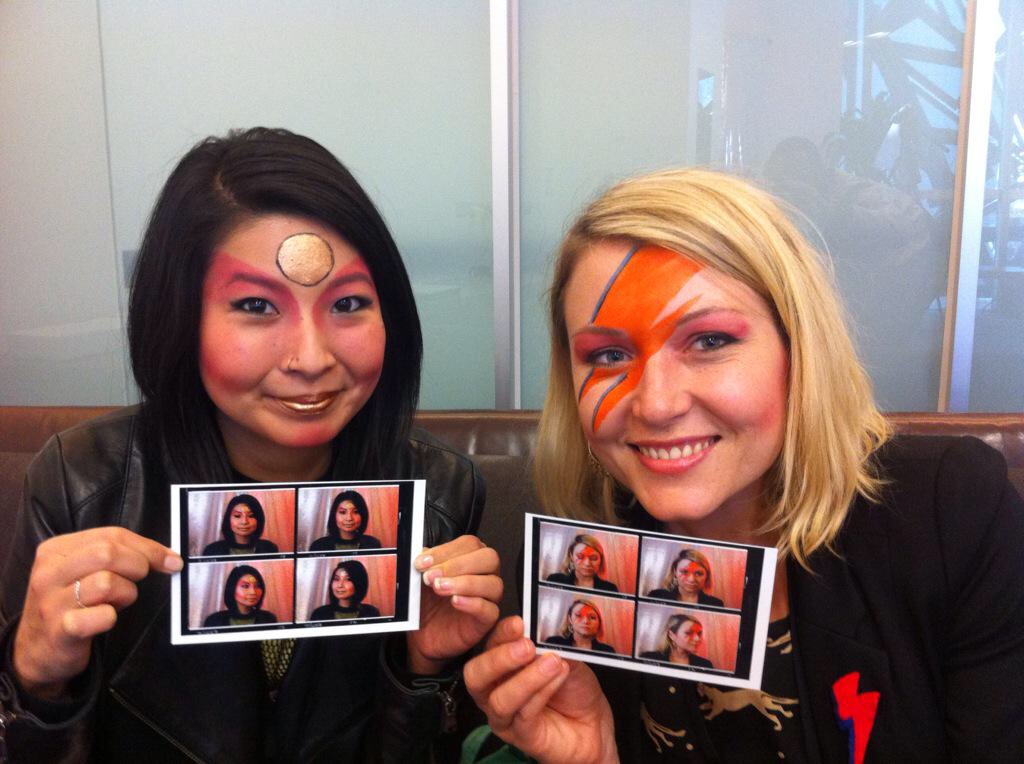
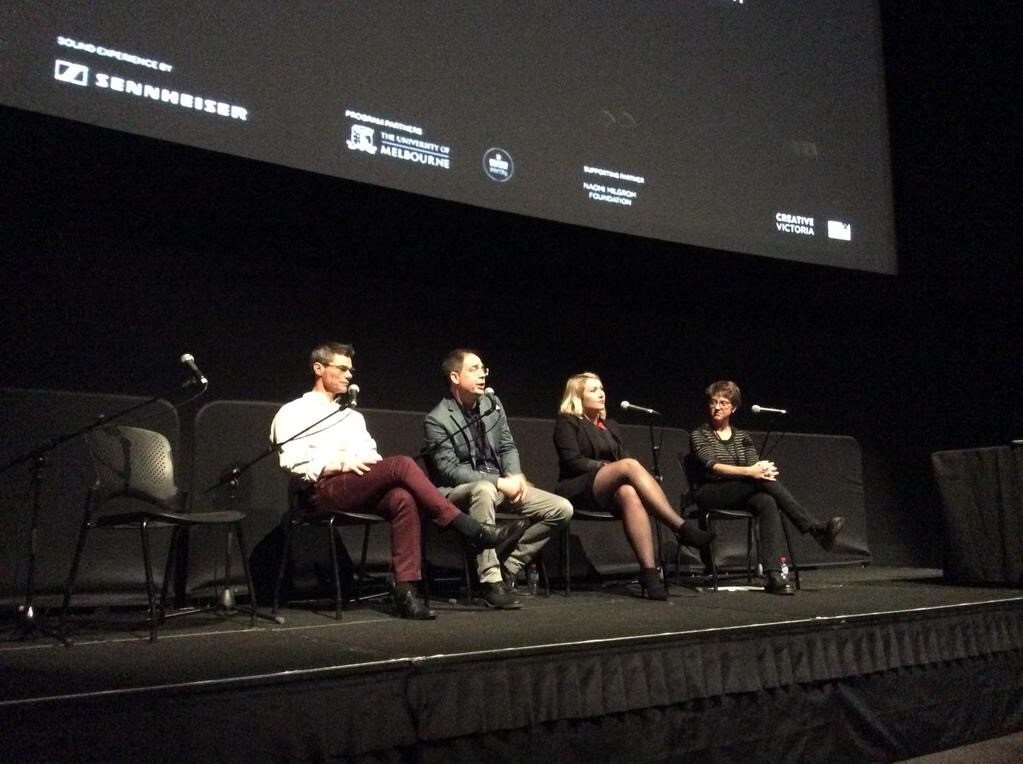
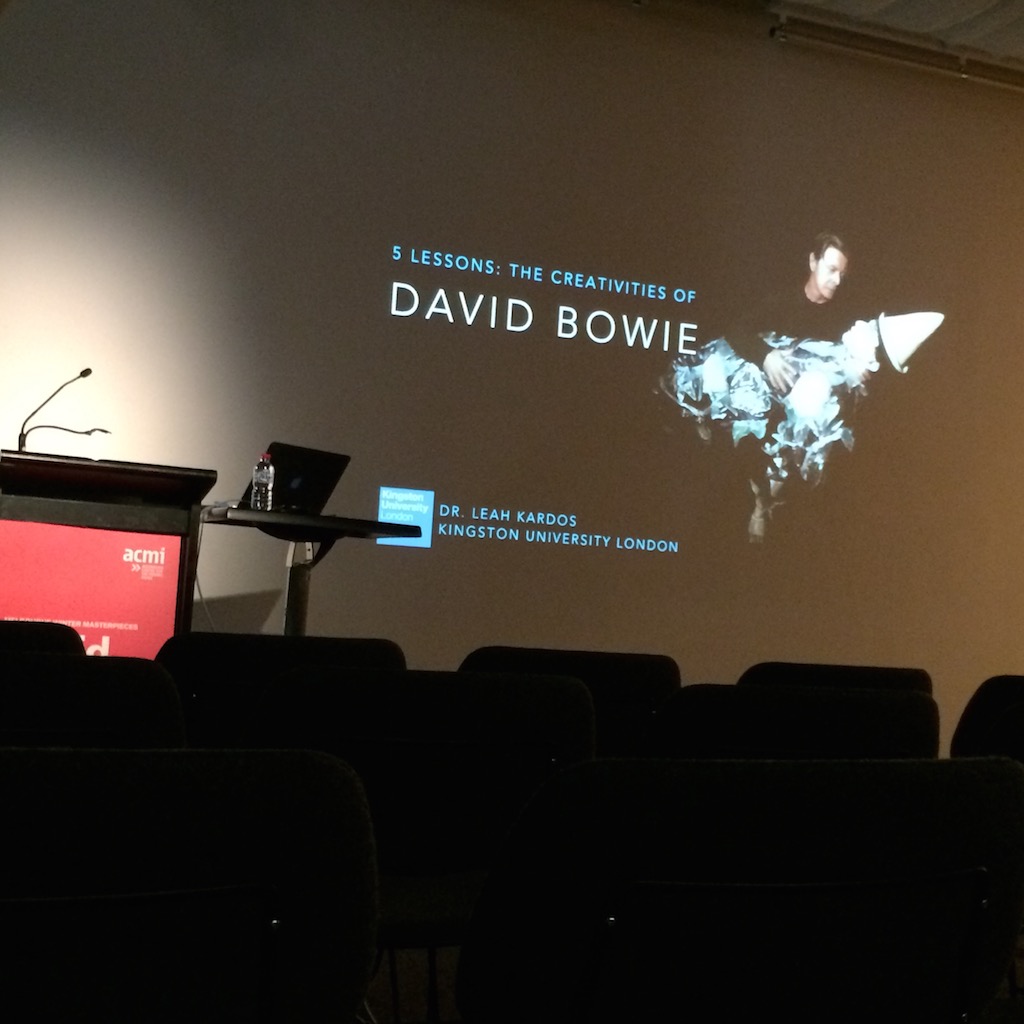
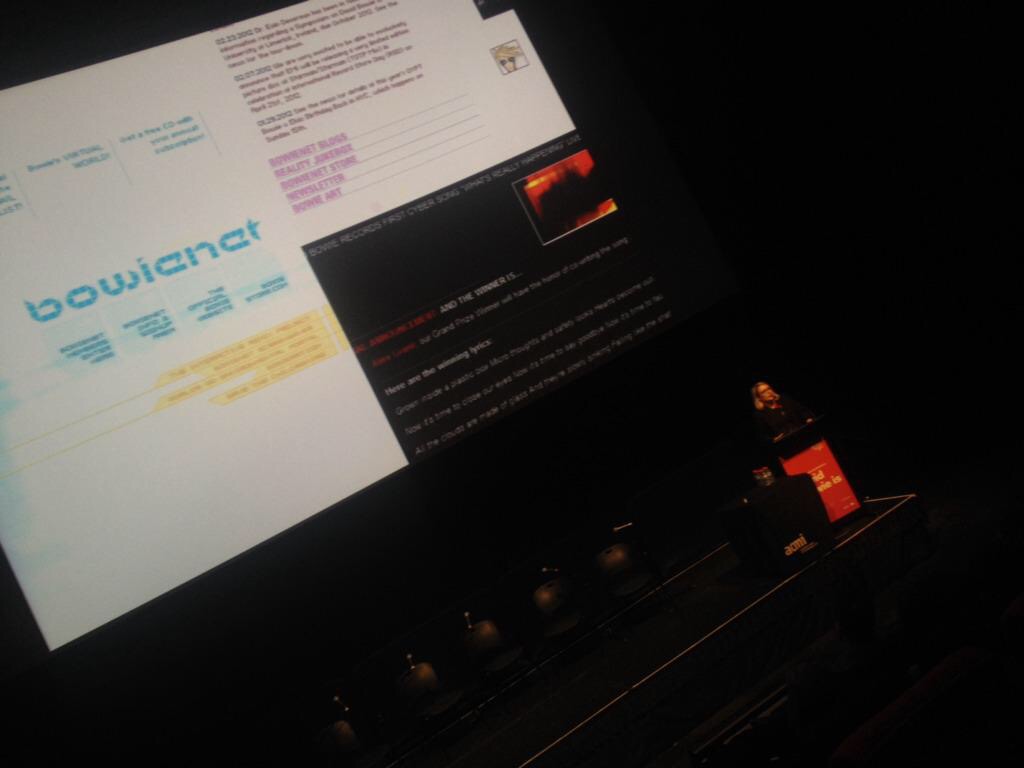
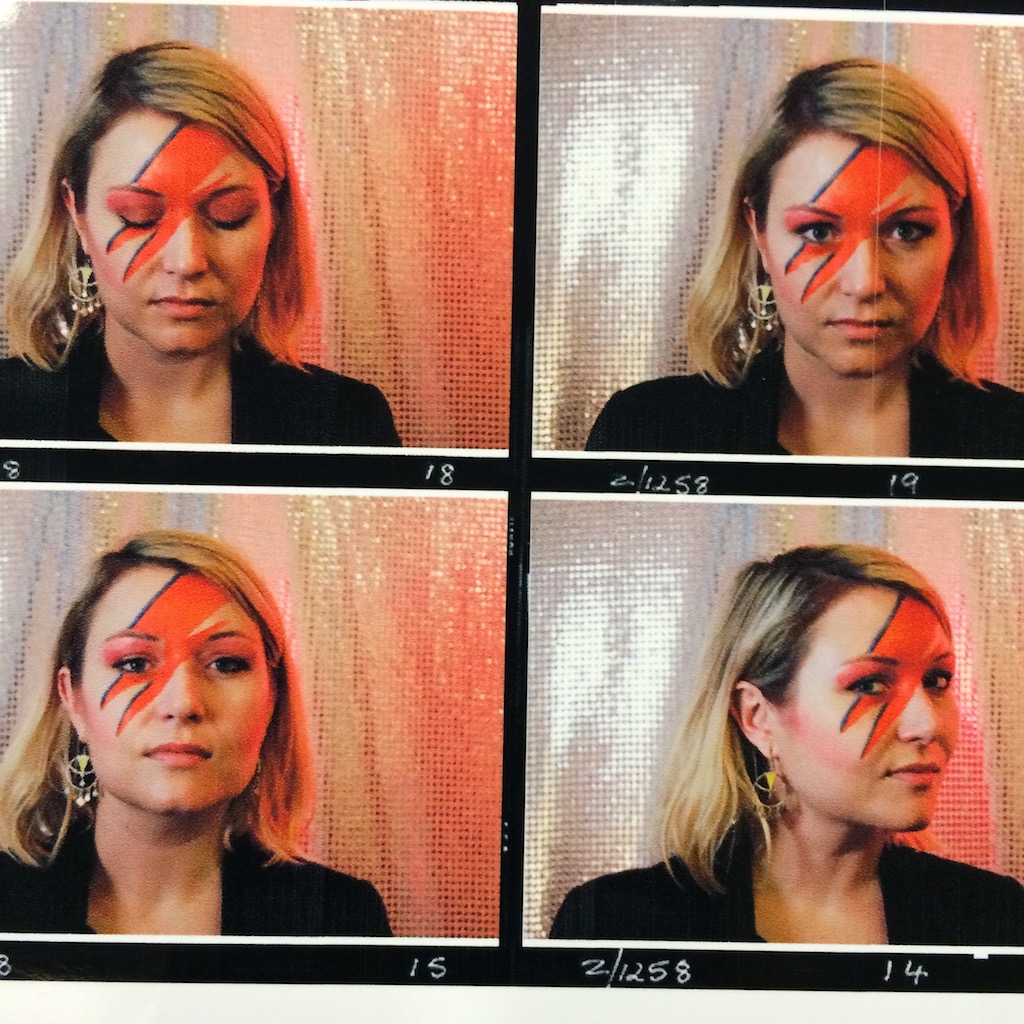
AES 138th Convention, Warsaw Poland

On May the 10th (session P17) I will be presenting my paper "The Sonic Vernacular: Considering Communicative Timbral Gestures in Modern Music Production"
A snippet showing the abstract (for anyone who's interested!)
“Over the course of audio recording history, we have seen the activity of sound recording widen in scope “‘from a technical matter to a conceptual and artistic one”’ (Moorefield 2010) and the producer’s role evolving from technician to ‘auteur’. For recording practitioners engaged in artistic and commercial industry and discourse, fluency in contemporary and historic sound languages is advantageous. This paper seeks to find the best, most practically useful method to describe these characteristics in practice, and aims to identify a clear and suitable way to talk about and analyse these uses of communicative timbral gestures, as heard in modern music productions.”
***** Update: Some photos from my weekend in Warsaw because why not?
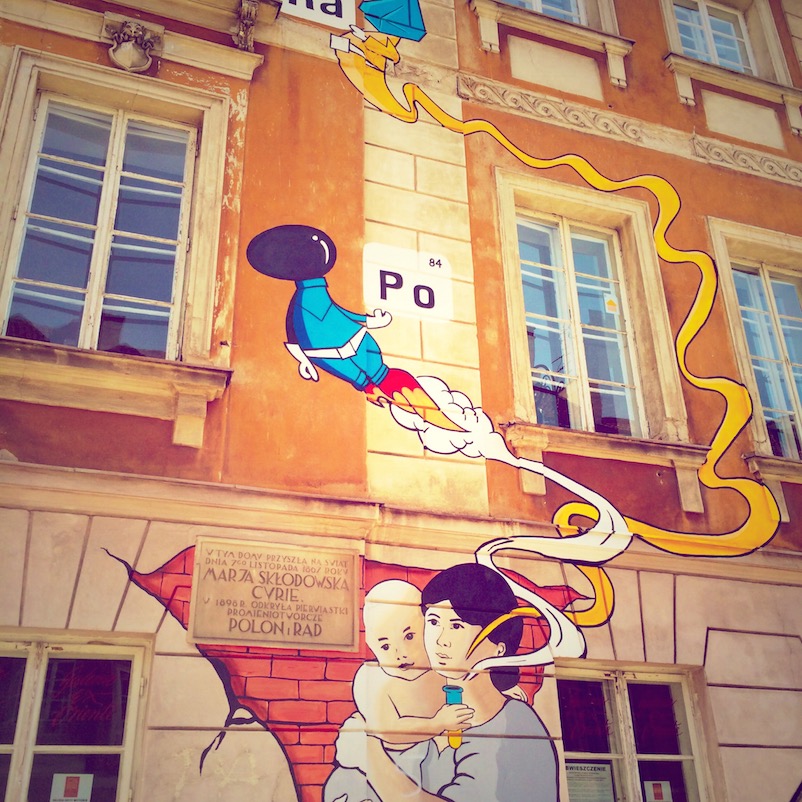
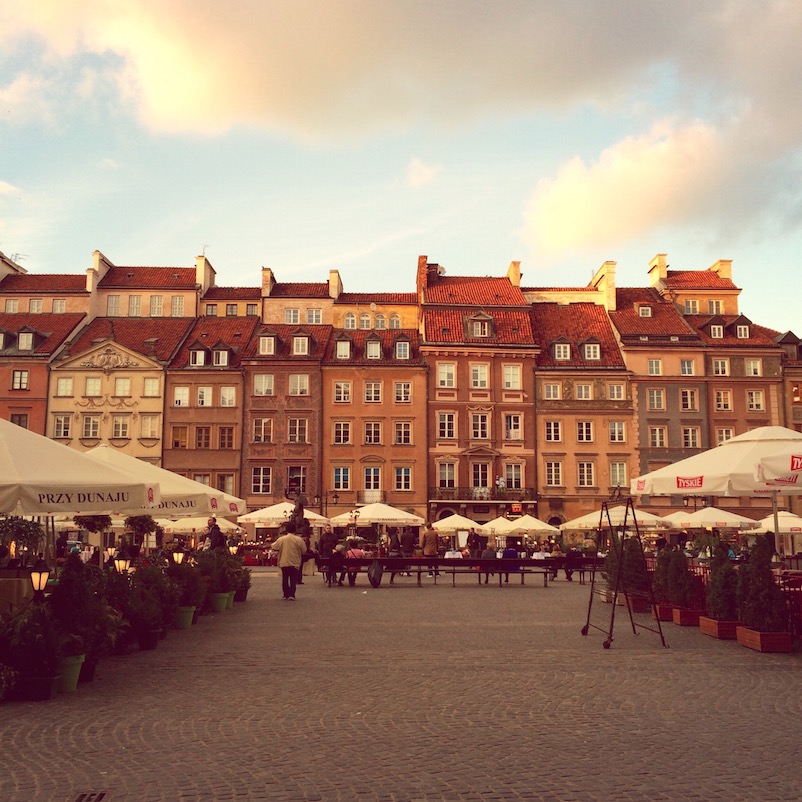
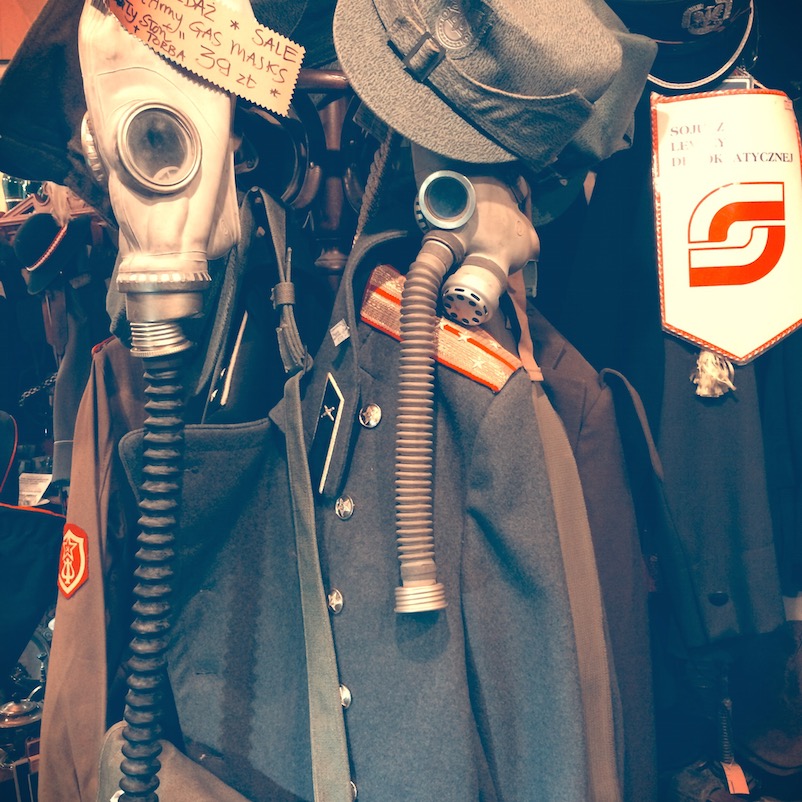
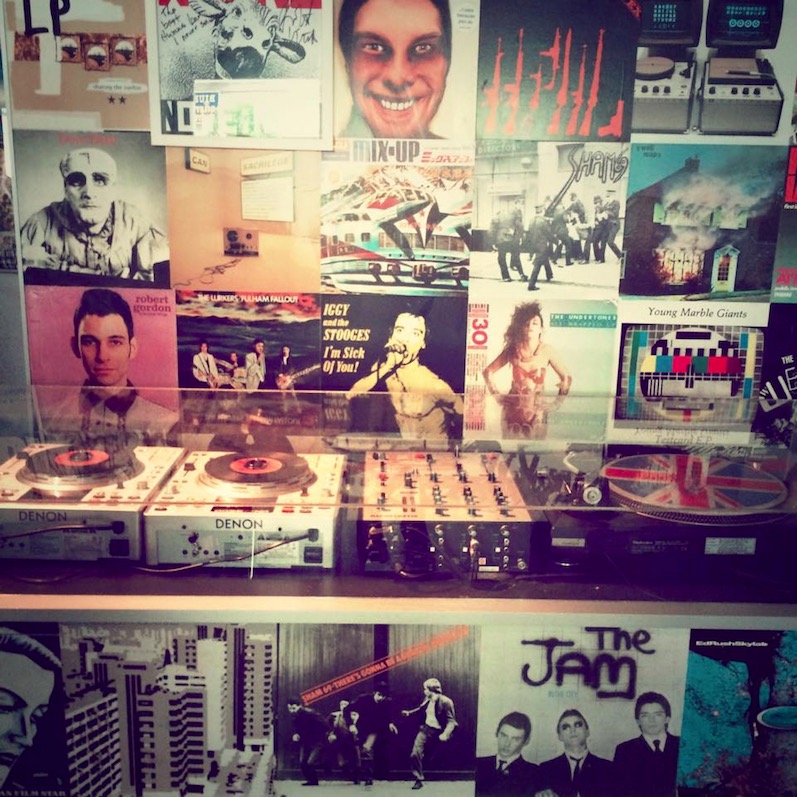
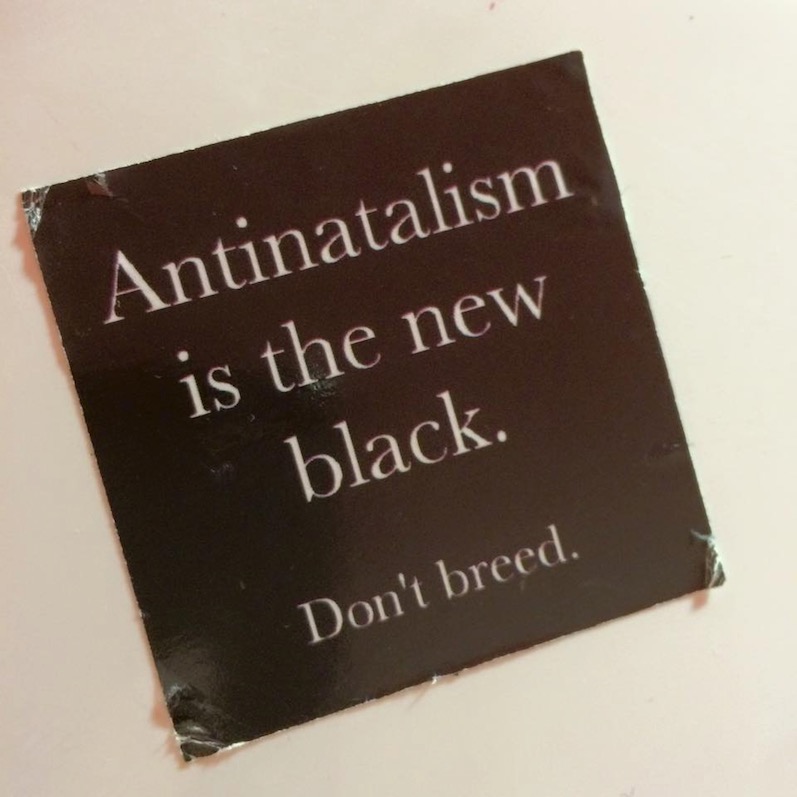
-----
A book chapter about digital creativities
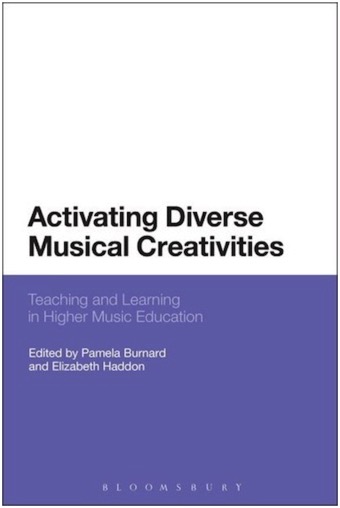
It’s available from Bloomsbury from the 29th of January as a hardback, paperback or e-book.
http://www.bloomsbury.com/uk/activating-diverse-musical-creativities-9781472589118/
“This book treats with freshness and vitality issues that are crucial for educators in higher education and beyond. The international and multi-disciplinary group of scholars – anthropologists, psychologists, musicians, artists and art educators – engage us in deeply educational issues and experiences...Enthusiastically recommended!” – Liora Bresler, Professor of Curriculum and Instruction, College of Education, University of Illinois, USA
“This is an illuminating and long-overdue book that celebrates the myriad ways in which musicians engage their creativity, both as they develop their expertise and then as professionals. In many contexts, we are experiencing acute needs to champion innovative artistic practices whilst at the same time maintaining the qualities of traditional practices. It is clear that creative entrepreneurship is essential to future success, and this book helps to demystify its principles and practice. It is a must-read for all those engaged in higher music education.” – Helena Gaunt, Vice Principal and Director of Academic Affairs, Guildhall School of Music & Drama, UK
***UPDATE: It's here!
I received a hardback copy of the book from the publishers and I thought it was rather pretty! Also, amazed my reference to Kanye West got through the edit...



Music and/as Process 2nd Annual Music and/as Process Conference
The title of my talk is "Exploring The Temporalities of a Musical Idea", and it's all about a particular philosophy related to generating new ideas, sounds and variations linked to a single composition. If you can stomach it, the abstract is included below:
"Drawing from personally situated knowledge derived from creative practice research, I will illustrate some approaches to the generation of compositional materials bound to a creative philosophy centred around technology, economy and derivation. This philosophy broadens the view of authored materials to include not only the final performance of the music, but also draft and incomplete or unedited versions, inaccurate versions played by sight, adapted versions that are played in sections during rehearsal, unused recording takes and mistakes, incidental sounds from around performance, rehearsal and recording environments, even the sounds generated from travelling to and from the recording session - all of the music and sound resulting from situations, actions and incidents that occur as a direct result of the composition existing can be captured and potentially used to make more music. This approach maximises the amount of materials generated from a single musical composition, providing both an economical approach to theme and creation of a sound world, and a diverse, yet finite framework within which to explore possibilities and experiment. In terms of music production, it also functions as a device for the creation of original and authentic sound worlds for musical ideas to inhabit. This philosophy also acknowledges the collaborative nature of performance, and I will share examples from practice of experiments in human filtering, where intuitive responses from individuals form, inform and reform the creation of musical materials. The score is seen as the starting point of a creative process, the raw materials that are activated by people. In such cases the final recorded production offers a version of the work and a document of this process."
The whole conference schedule can be found HERE.
Registrations/tickets can be ordered HERE.
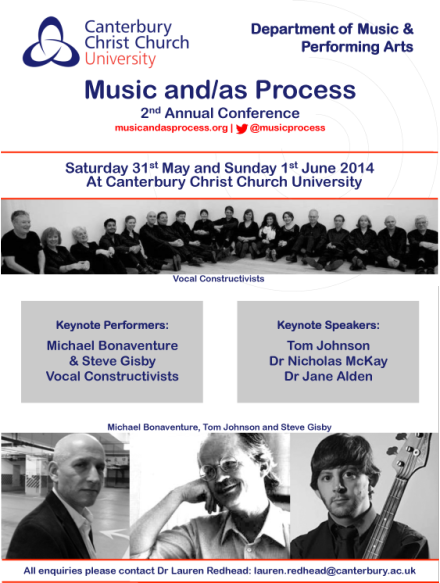
The Creativities of David Bowie
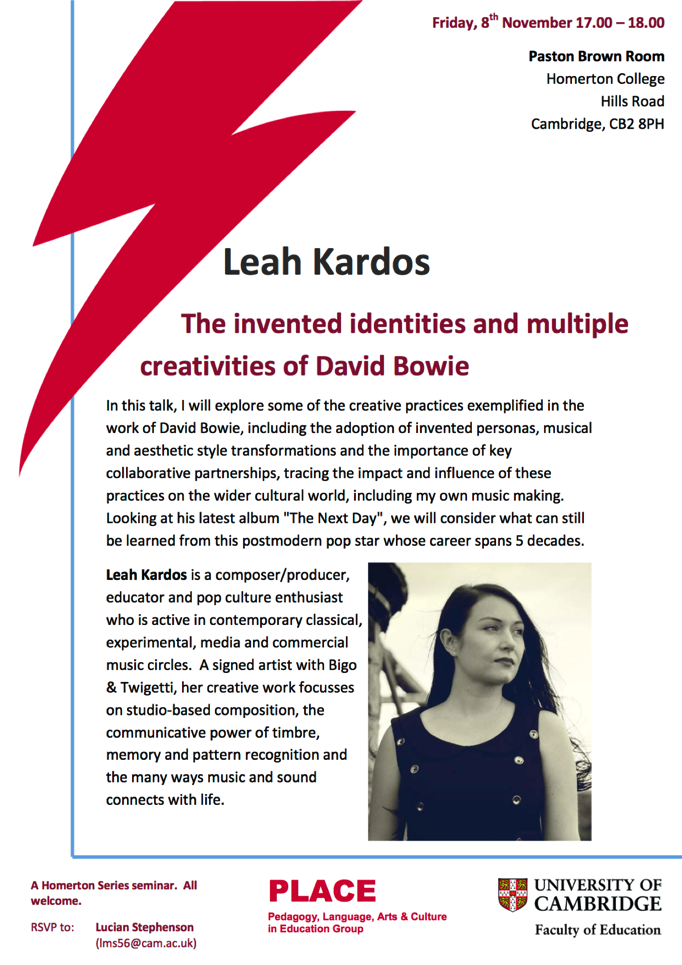
WKU Visit
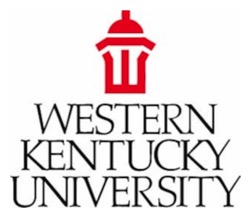
In a few short weeks I'm off to visit the music department at Western Kentucky University. I was graciously invited by Dr. Michael Kallstrom, a composer/performer/artist and University Distinguished Professor of Music at WKU, to spend a week there with the pianists, composers and music education students to share my practice and explore some different (and hopefully interesting) approaches to creativity.
I'm hoping to use my time there to facilitate some interesting collaborative projects and get everyone thinking about the materials of music in a fresh way. Can't wait!
As part of the deal I'm flying in to Nashville 10 days earlier to spend some time soaking up the local culture. The plan is to hire a car and hit the road and explore: Memphis, Little Rock, Clarksdale, down the Mississippi Delta on Highway 61... I wonder if I'll meet the devil at the crossroads?
-----
BJME article

You can access it online here, if you want to.
The abstract:
"I am a composer, producer, pianist and part-time music lecturer at a Further Education college where I teach composing on Music Technology courses at levels 3 (equivalent to A-level) and 4 (Undergraduate/Foundation Degree). A ‘Music Technology’ course, distinct from a ‘Music’ course, often attracts applicants from diverse musical backgrounds; it is not uncommon for a typical class to contain a majority that cannot read staff notation and have taught themselves to play their instrument. Sometimes the student's only experience of music-making prior to the course has been sequencing beat patterns using computer software. Potential students are drawn to music technology courses for many different reasons – perhaps their individual interests lie in sound engineering, acoustics, live sound reinforcement, computer programming or software application design. As a teacher of composing in this context, I am faced with a challenge: how to bridge the knowledge and confidence gaps that exist between students with more and less formal musical experience? I believe that music technology applications can help in this area, particularly with fostering confidence and motivation in less-experienced students. What follows is a student profile and a case study of one assessment task in composing, which will illustrate how such strategies can work."
-----
Proud moment
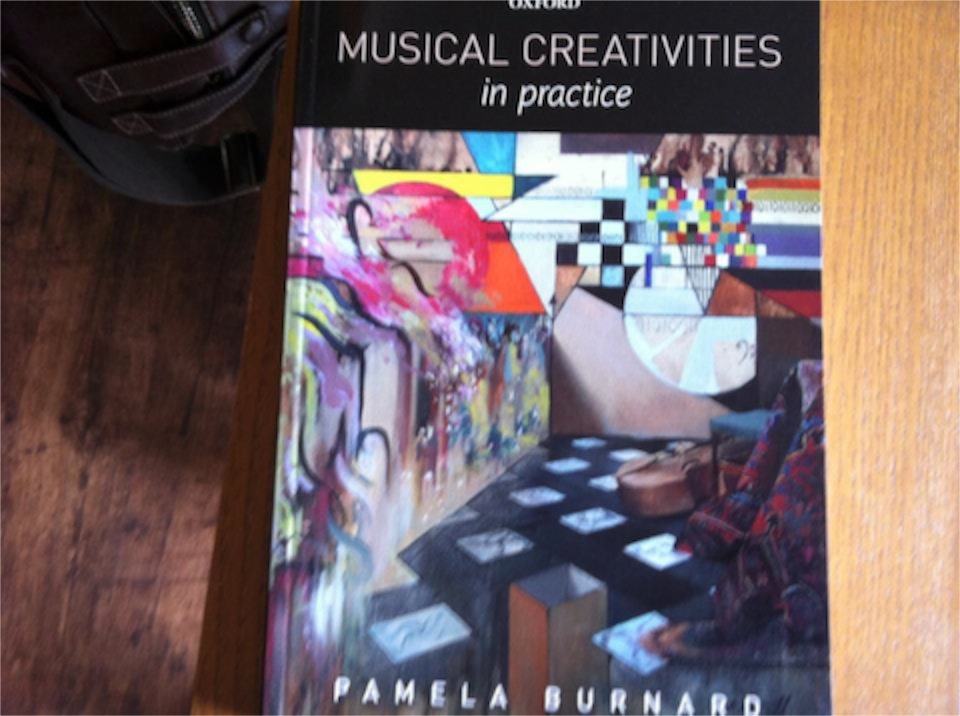
... and an extra proud moment to see myself featured inside! 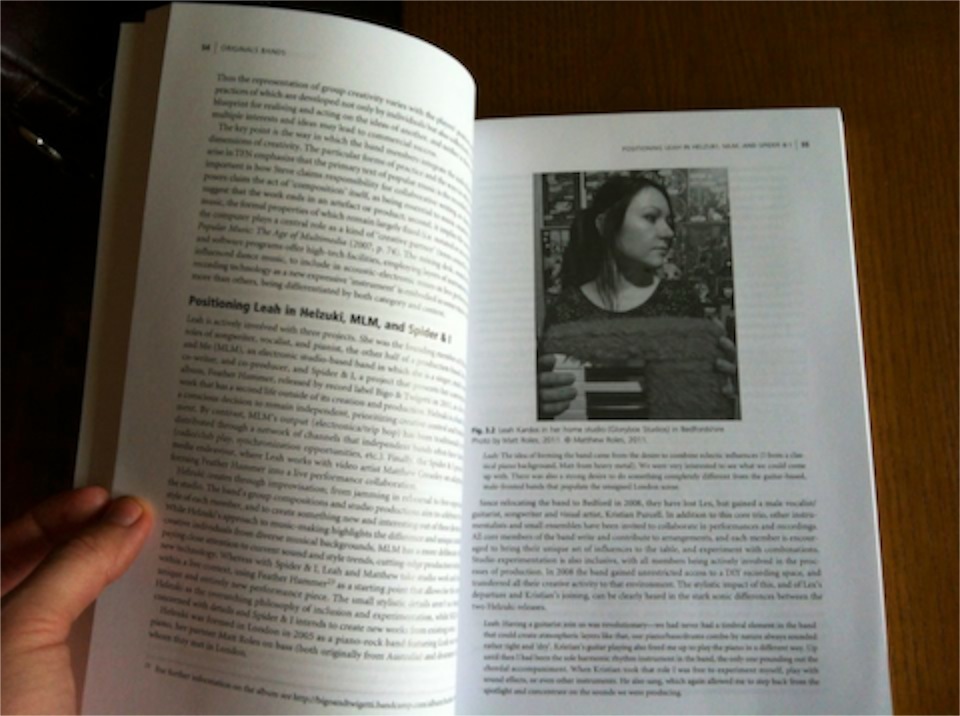
Huge congrats to Pam, it's a fascinating and timely book - I am extremely honoured to have been involved. If you're interested, you can purchase a copy from Amazon, or directly from Oxford University Press.
Here's the lovely lady herself, talking about her research (she even talks a little bit about me at around 3 mins in. Also, notice the soundtrack used is "Core" from Feather Hammer thrown in for good measure! So chuffed!)
"Composing the Curriculum" Symposium & Workshop at Cambridge University, 17th March 2012

With help from friend and teaching colleague Mike Watkinson, who will be leading the creative workshop, I will be sharing and talking about some original music made by my students enrolled on level 3 and 4 vocational music technology courses at Bedford College. I'll be focussing on how technology can make sound and music worlds accessible to students whom have received little former musical training. I want to discuss various strategies in using technology to bridge the knowledge and confidence gaps that exist between composition students that are more and less experienced with music theory and performance.
Do you find that sort of thing interesting? Come along! I've been told the event is very much 'open'.
Click here for details on how to book your place.

-----
PhD Seminar at Uni of Cambridge
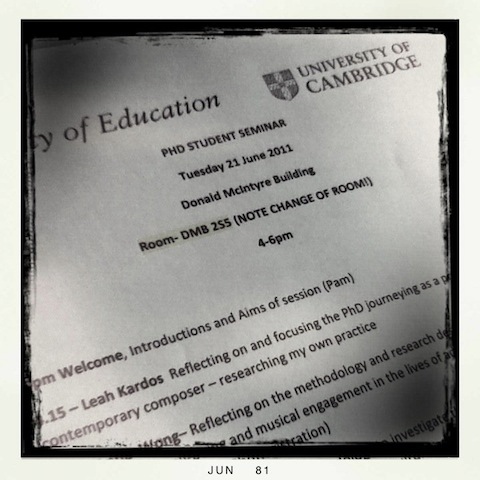
Finally! It begins
I received word this morning that at long last I am to commence my PhD studies at UQ, working with the wonderfully talented Dr. Robert Davidson! So chuffed! So excited!!
AND it’s a long weekend. AND tomorrow Matt and I go up north to see our potential new puppy for the first time. Oh happy day.
:D :D :D
-----
21st Century Composer as Producer

This is the title of my research proposal for admission on the PhD programme at the University of Queensland.
I am ever so excited to be finally starting this thing up! To finally begin seriously discussing and actively creating the music I’d love to hear. Music I’d love to produce. And I’m glad I’ve waited this long, everything about this feels just right - from the possibility of working with Dr Robert Davidson (who starts at UQ in July) to the fact that the college have let me scale back my hours a bit and that I’m finally set up with a great studio to work in after years of moving around and not being settled anywhere. It’s as if the stars have aligned and the universe is letting me know that it’s a good time for me to become a student once again.
Here ’tis:
“Composers working as freelancers in the world today are increasingly being called upon to understand current technology, to then realise, record and produce their own works in a studio environment. This extra work could be viewed as a chore or ‘necessary evil’, but I prefer to think of it as a wonderful creative opportunity to explore.
New distribution methods continue to proliferate and it is through recordings, rather than concert performances, that composers have a presence in these channels.
The rise and evolution of music technology over the last 50 years has dramatically changed the way music sounds and is experienced by its audience. Recording techniques and the synthesized, sampled, affected, manipulated sounds made possible by new and diverse means have altered the sonic palette - radio, film/TV, music download sites and interactive games have created new contexts for music to be experienced and consumed.
The vast arsenal of music technology tools available today allows experimentation and the exploitation of new sounds, textures and colours. These advancements facilitate the realisation and recording of original music with more ease and less expense, allowing the composer to manipulate recorded performances further by means of digital effects, spatial mixing, looping and sampling.
Hardware such as effects pedals, digital effect sends and MIDI triggers can be implemented into live performances through the close placement of microphones, live mixing and speaker positioning. Sophisticated sample libraries can now effectively imitate the sounds, textures and articulations of a symphony orchestra. New software applications are becoming increasingly abundant, allowing the composer-producer to manipulate sounds in ways previously thought impossible.
As well as being a composer, I am also a music technologist and have access to a project studio containing a collection of useful hardware and industry-standard software applications. I intend to explore the creative possibilities of Logic Pro 8 (sequencing software) for sound creation and 5.1 mixing, the KAOSS pad for live filter effects in recording and performance, Melodyne (pitch and rhythm manipulation) and Pro-Tools (digital audio workstation) for beat-detection, mixing and mastering.
An important question in my research is “what production strategies are effective in communicating new musical ideas to a wide audience”. In addition to compositional work, I will address this question through several modes of engagement with current knowledge in studio production. Firstly I will conduct a literature review of trade and scholarly journals dealing with compositional approaches to studio production. Secondly, I will conduct qualitative research in the form of interviews with practitioners including engineers, composer-producers, electro-acoustic performers and producers.
The expected outcomes of this work will be a folio of compositions comprising:
· String Quartet
· Collection of Experimental Etudes
· An instrumental “concept album” that can be scored for ensemble performance
· Feature length film score
· Symphonic work
In addition to the folio, I will complete an investigation into the challenges and unique opportunities for creativity that affect composers in the 21st century.”
I hope they like my ideas... I will keep you all posted on how I go.
-----